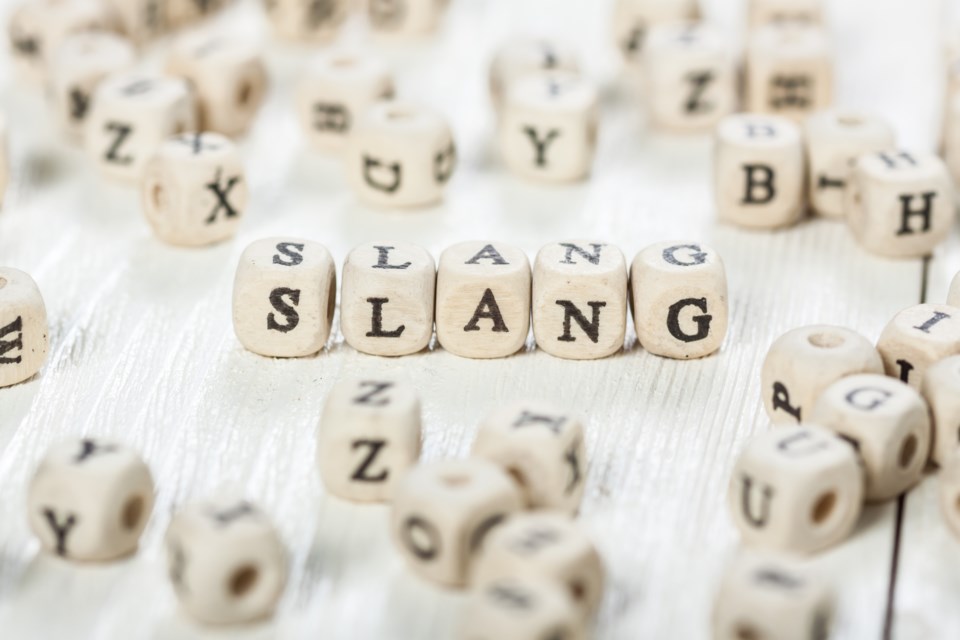Slang is a vital part of language.
The words and phrases attributed to a specific region or time play out in various dialects and accents specific to different areas in the same country. These tweaks to an otherwise common language define subcultures and represent highly specific moments in time—just look at "bootlegger," which originated during Prohibition.
And like any other language on the planet, English has evolved over the years to change with the times. Every year, new words are added to the dictionary to reflect changes in our culture—from "D'oh!" and "twerk" to "selfie" and "hangry." Our language will continue to evolve indefinitely, incorporating subtle changes into our everyday conversations and changing how we perceive popular words from the past.
For the past five decades, there have been countless slang terms that have come and gone—describing everything from kissing to money. Some come from pop culture, like television shows, movies, or music, while others seem to just be products of a particular era.
Many times, an informal word or phrase becomes popular for so long that its origin is lost, but the term remains part of the vernacular. Whether it's a trendy buzzword or a commonplace adjective, finding the origin of a word can be fascinating. Stacker has rounded up 50 old-timey sayings from the 1950s through the 1990s to explore their beginnings and their original meanings—if they ever had an original meaning, to begin with.
In this gallery, take a look at what slang terms like "Talk to the hand" and "goon" originally meant, how they've changed (or not), what they mean today, and how words like "booyah!" became part of our culture's everyday lexicon.
Read on to explore why "cheddar" is associated with money, and other interesting associations.
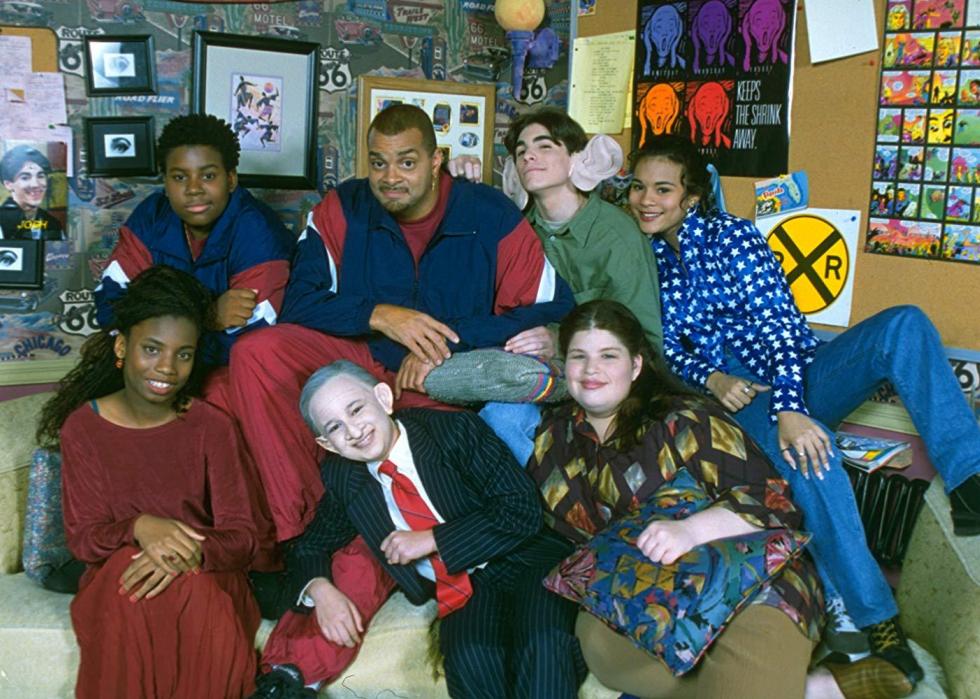
All that and a bag of chips
This phrase came about in the 1990s and it was used to signify that something was beyond good. It could also be used to say you were better than someone else such as "You're all that, but I'm all that and a bag of chips."
It is possible Nickelodeon made a call-out to this phrase with its popular sketch comedy show for kids, "All That."
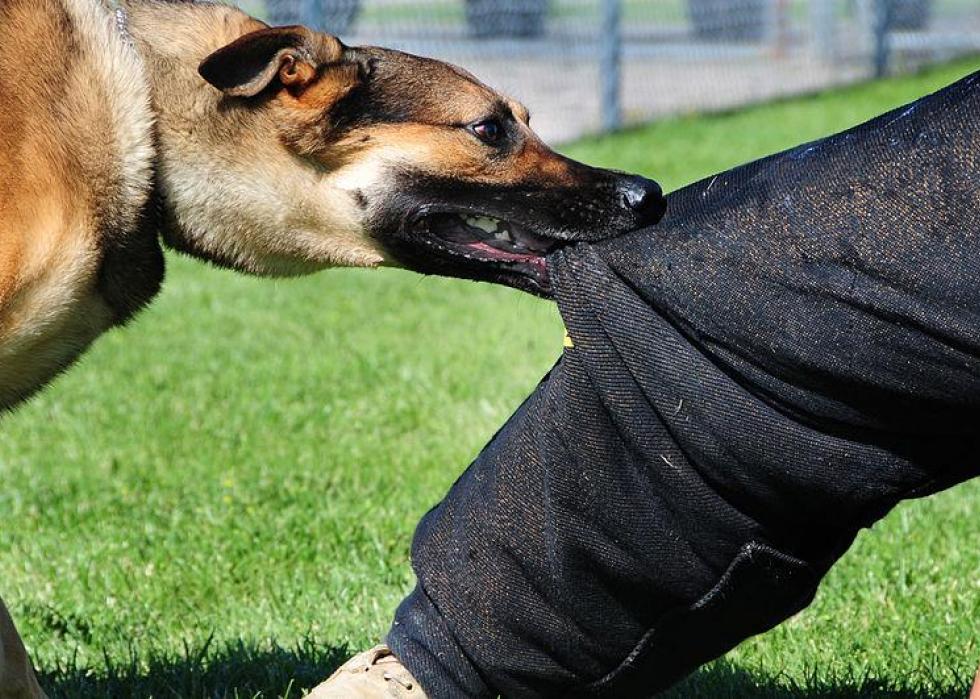
Ankle-biter
If you wanted to describe an annoying little kid in the 1950s, you might call them an ankle-biter. The term is likely inspired by small dogs, who have been known to nip at ankles and pant legs.
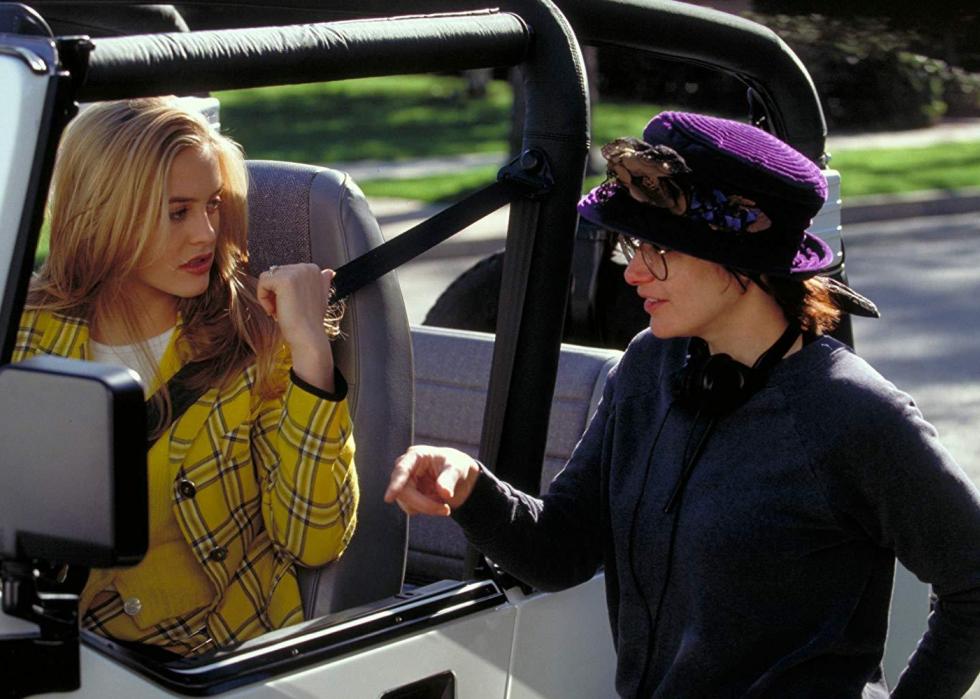
As if!
"As if!" is rumored to have been a phrase used in the LGBTQ+ community before it was co-opted in the 1990s by Cher Horowitz in the movie "Clueless," officially erasing the phrase's origins.
"As if!" can mean various things, such as "I doubt it" or "Yeah, right!" The enduring legacy of "Clueless" as a cult classic solidified the phrase in our culture's everyday vernacular—millennials regularly still use the word today.
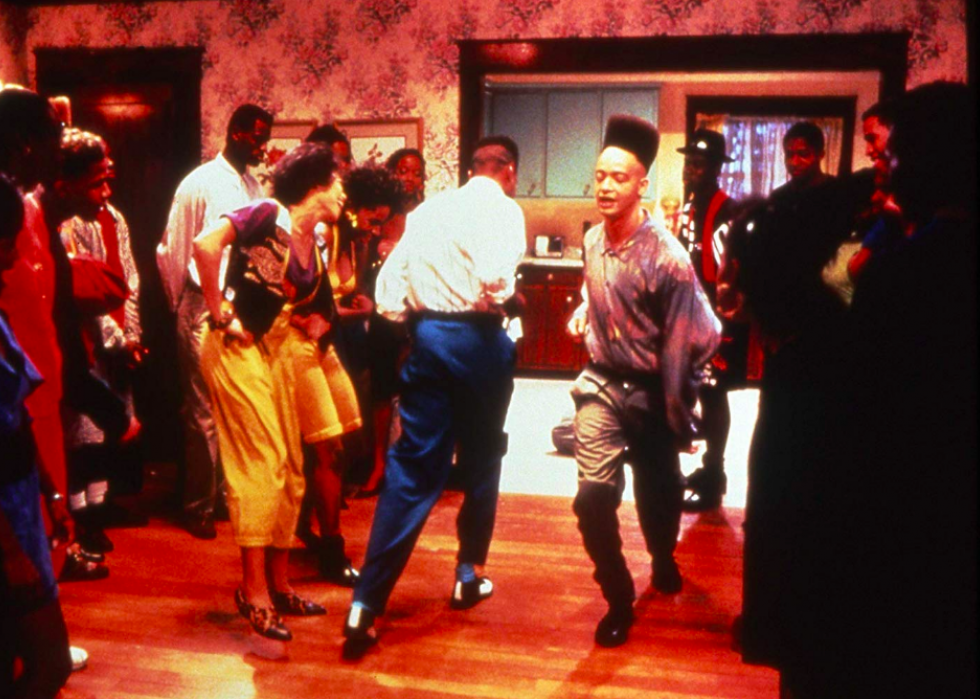
Bangin'
"Bangin'" is a word that gained popularity in the 1990s as a word used to describe someone or something as attractive. One might also use the word to describe something exciting or fun, such as, "That house party was bangin'."
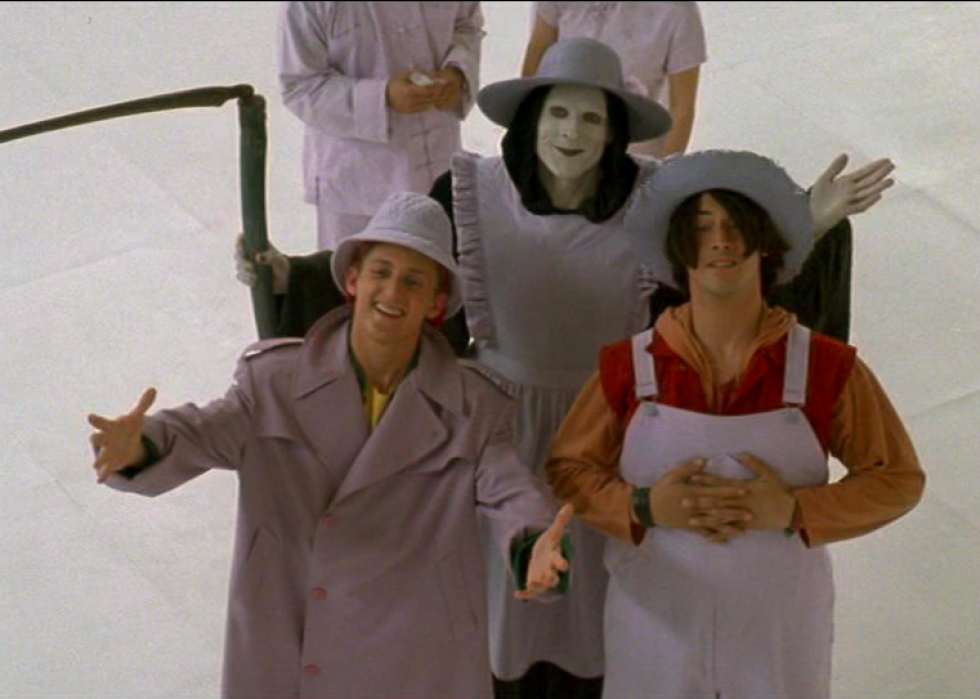
Bogus
The word "bogus" originated in the 1800s as a term used for fake money. The word took on a new term when it became popular in the 1980s as slang for crazy, not good, not cool, or ignorant.
A 1991 film, "Bill & Ted's Bogus Journey," follows two friends who find themselves fighting a villain from the future who sends evil robot replicas of Bill and Ted sent to Earth to kill the real Bill and Ted—totally bogus.
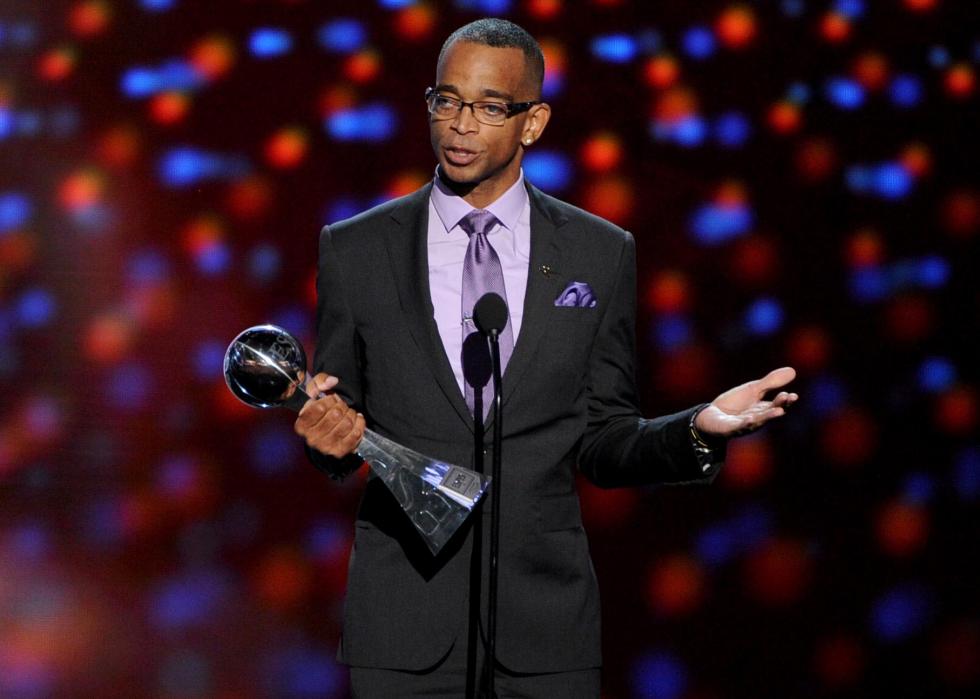
Booyah!
"Booyah!" was coined in the 1990s to express excitement and happiness.
While it's not known who exactly first came up with the phrase, there are two well-known pop culture characters who made it popular: Disney character Ron Stoppable frequently used "booyah" on the show "Kim Possible" and ESPN anchor Stuart Scott also used the word as his catchphrase.
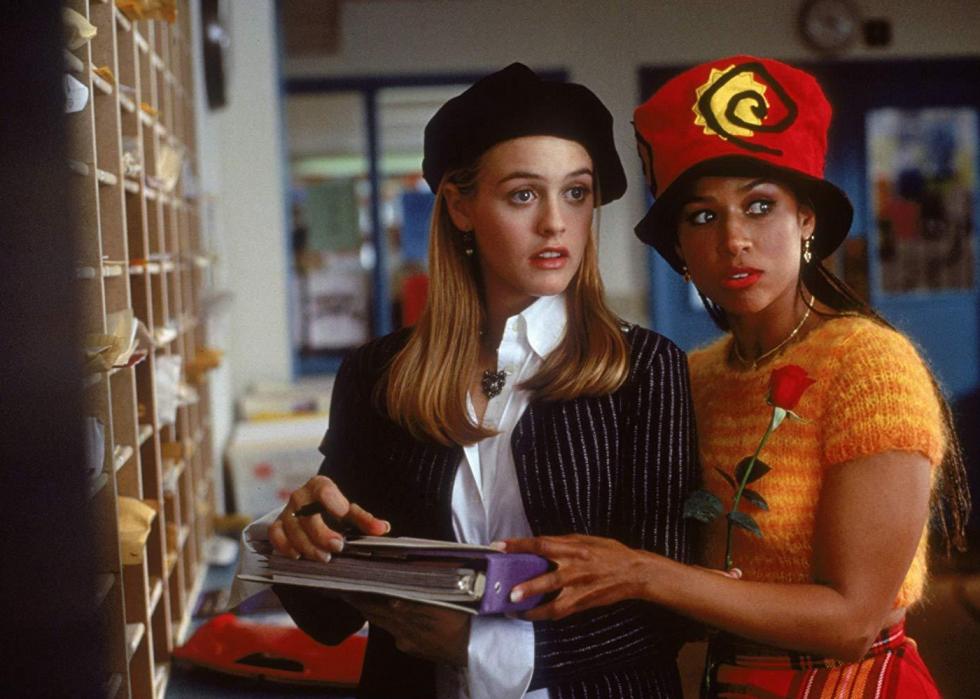
Buggin'
"Buggin'" is another 1990s phrase and one that was also made popular through the film "Clueless" as Cher explains multiple times "Oh my God, I'm totally buggin." The word's roots can be traced back to New York and mean "to freak out."
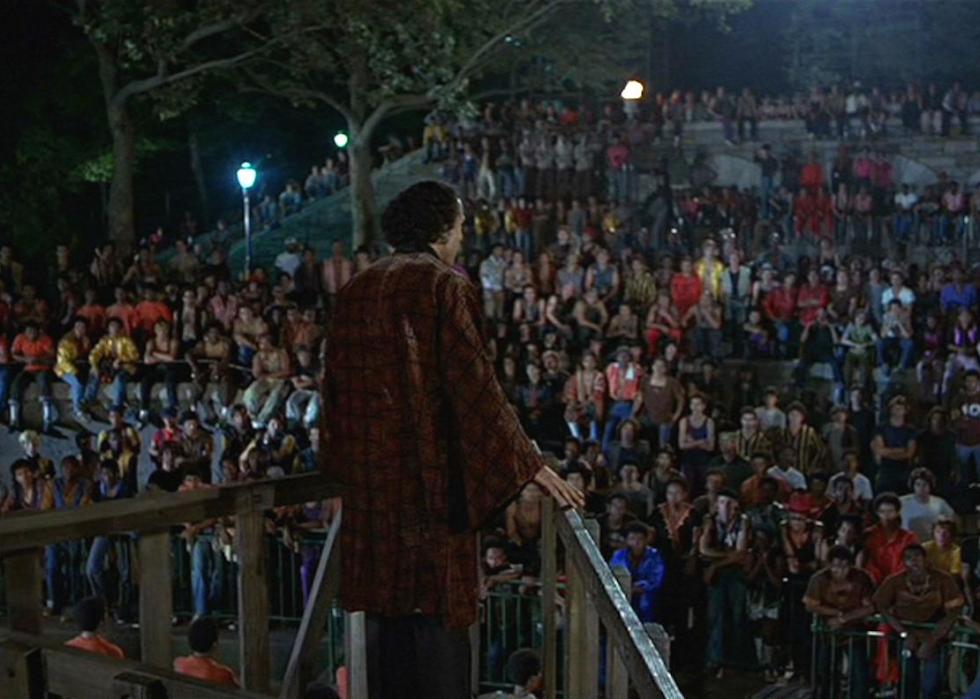
Can you dig it?
The 1970s gave us "Can you dig it?," which can mean several different things, including "Are you ok with this?" or "Do you understand?"
The slang gained popularity from the 1979 movie "The Warriors" and is also the name of 1991 track by the English indie band The Mock Turtles. The phrase went on to become a popular title for various songs across genres such as hip-hop and R&B.
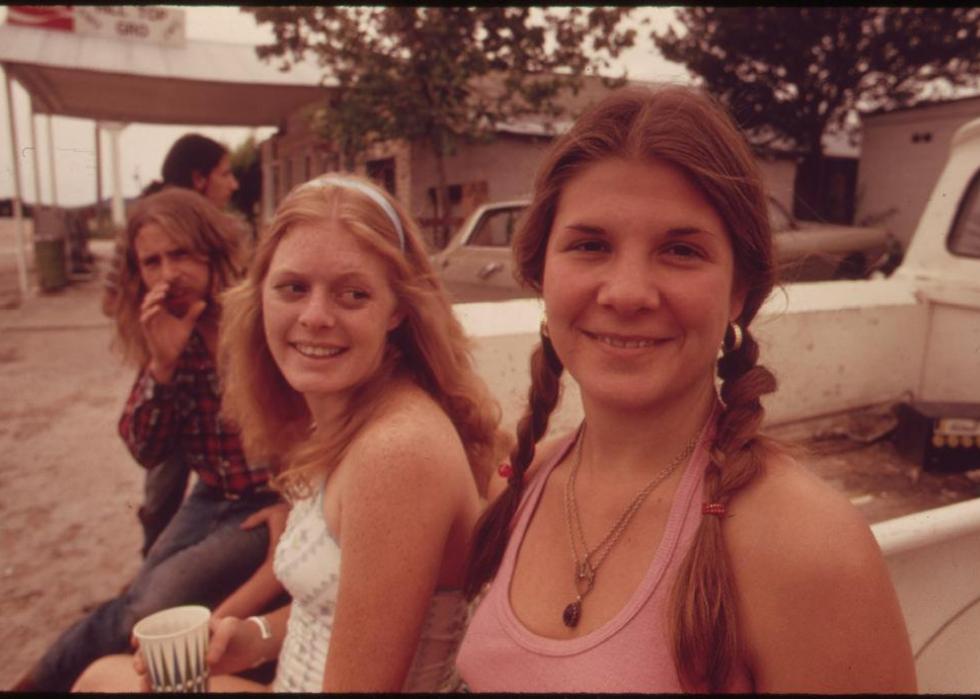
Catch you on the flip side
"Catch you on the flip side" was very popular in the 1970s, as it referred to flipping a vinyl record over to the B side. The phrase means "see you later."
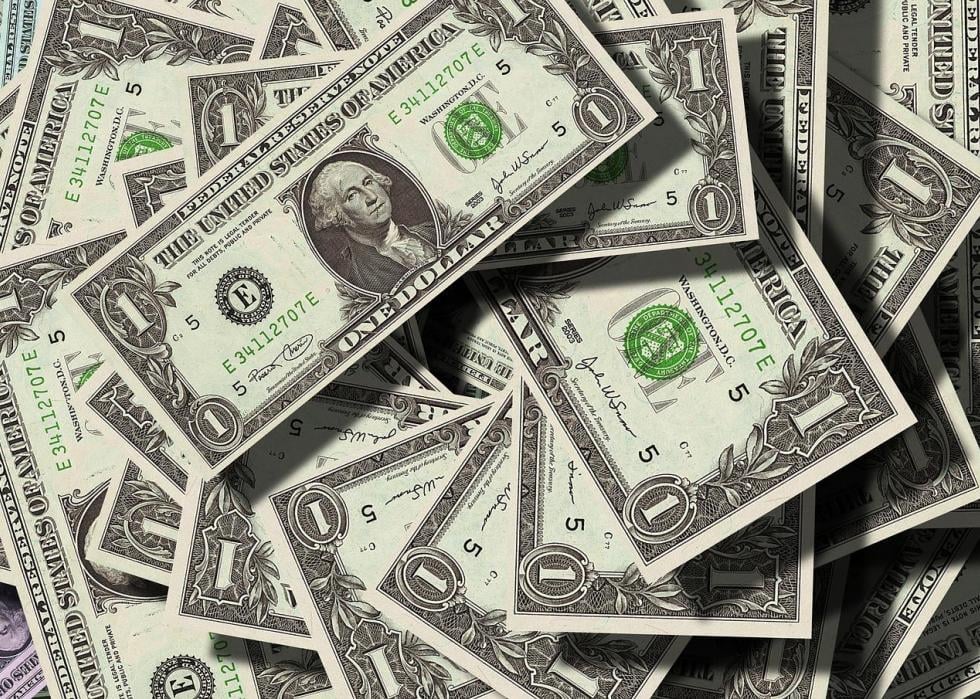
Cheddar
Cheddar was an interesting way to refer to money in the 1950s. The slang term came about because at the time, Americans received lumps of cheese with their welfare checks.
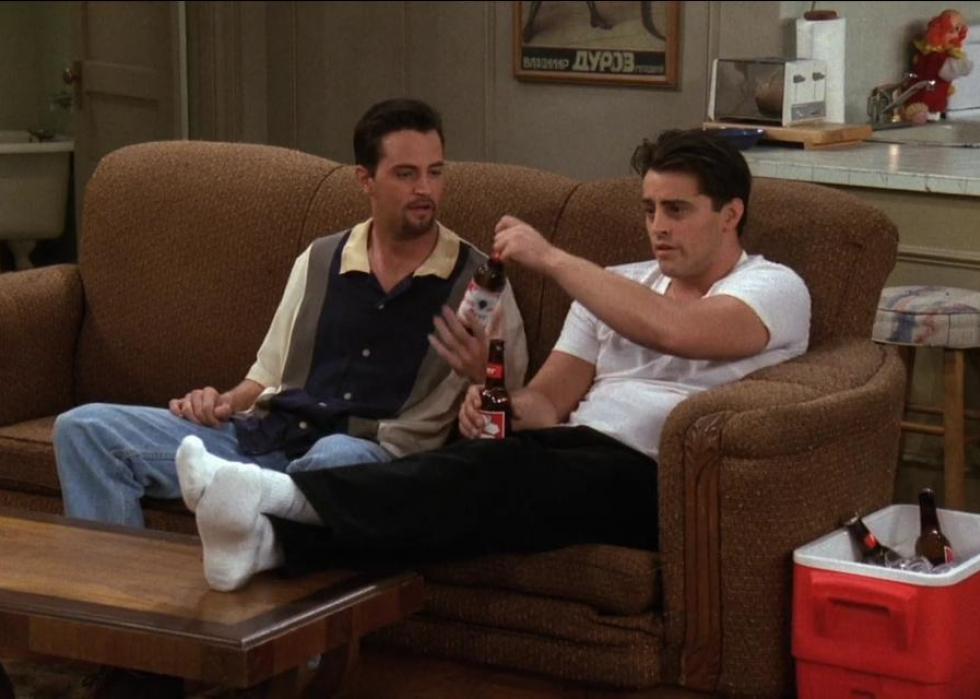
Chillin'
Being chilled out means relaxing and sitting back. One of the word's earlier appearances was in the 1979 song "Rapper's Delight" by The Sugarhill Gang; a more common modern use refers to a night at home watching movies, often with a special someone.
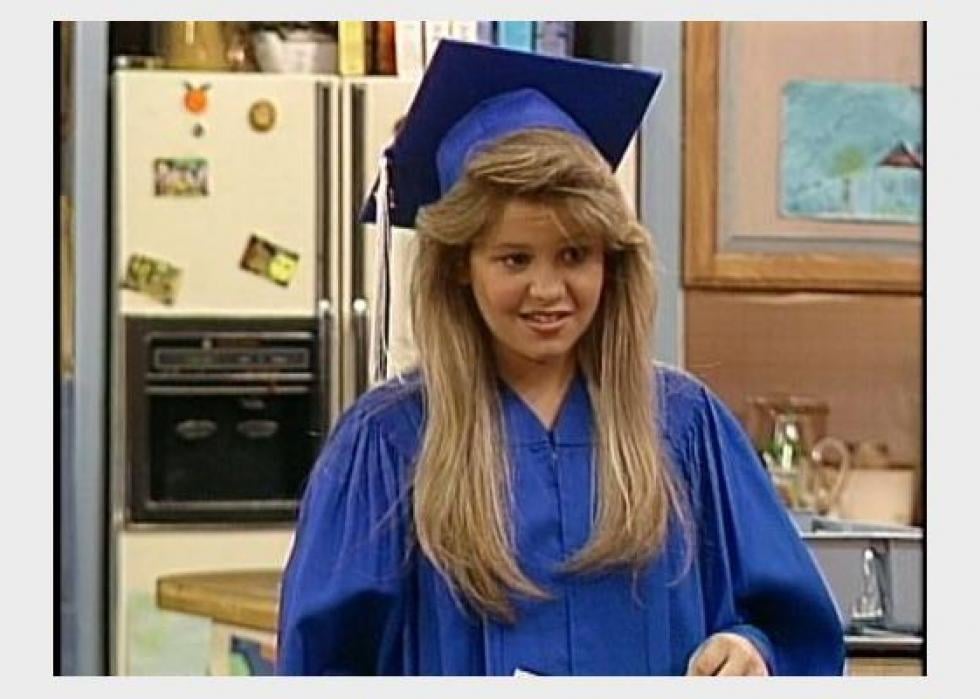
Cool beans
"Cool beans" originated in the 1970s, with comedy duo Cheech and Chong cited as pioneers of the term. The phrase continued to be used throughout the 1980s and 1990s; TV daughter D.J. Tanner said it frequently on the television show "Full House." It roughly means "okay" or "sounds good."
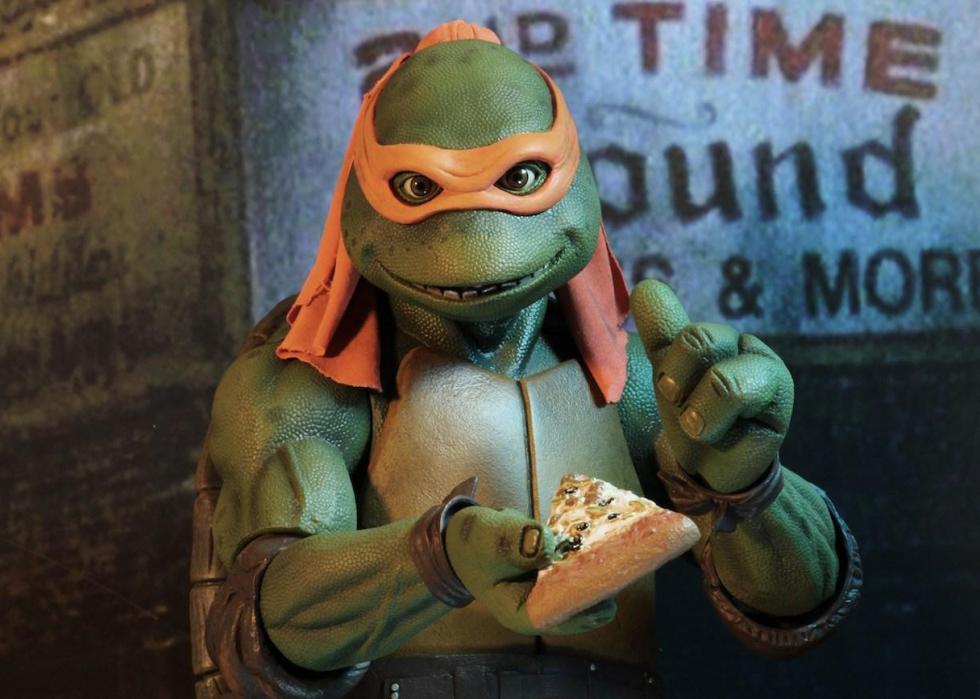
Cowabunga
Although you might associate it with the 1990s, "cowabunga" first entered the pop culture lexicon in the 1960s when it was used on the "Howdy Doody Show." It eventually made its way into surf culture, which can be credited to the show "Gidget"—because one of the characters would yell the phrase when he would surf into the ocean.
The word, which is generally used as an adventurous exclamation (say, when you're encountering a giant wave), resurfaced in the late 1980s when "Teenage Mutant Ninja Turtles" brought it back into the mainstream.
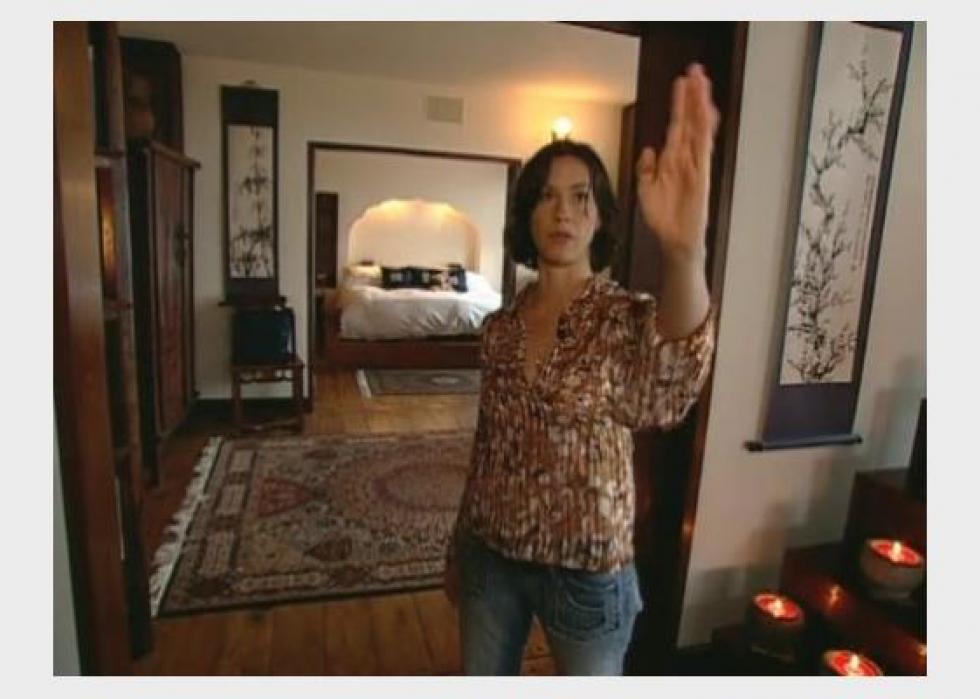
Crib
A crib is not just where a baby sleeps—it's slang for the entire house. Shakespeare can be credited with this meaning because he was the first one to use the term to describe "a small dwelling." However, MTV was the one who cemented the term thanks to "MTV Cribs," a pseudo-reality show where celebrities showed off where they supposedly lived.
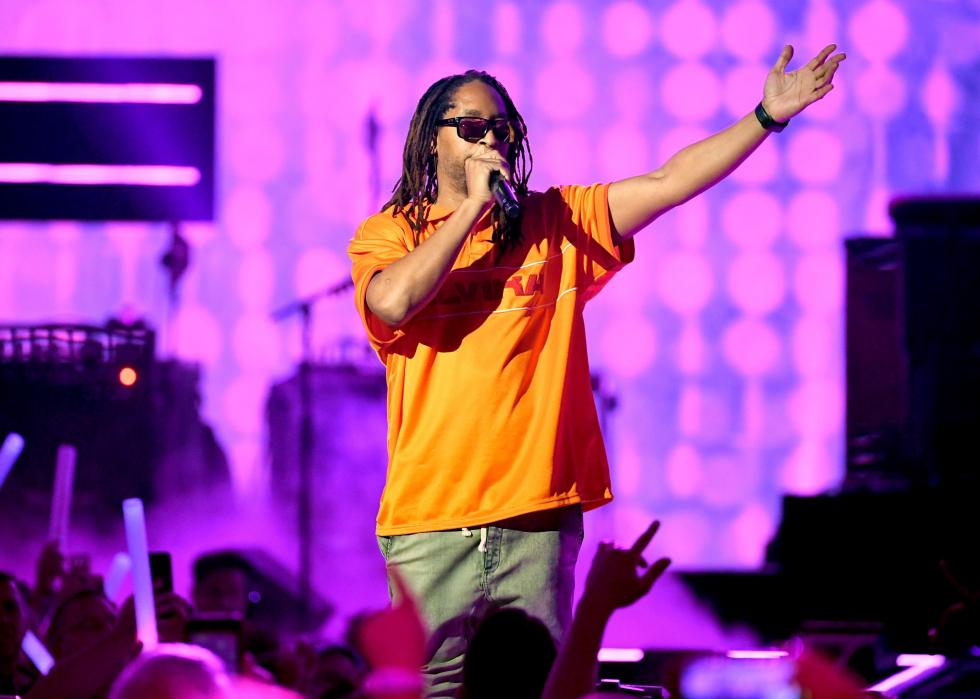
Crunk
Originating in Atlanta in the 1980s and synonymous with a genre of high-energy hip-hop music, the origins of the word "crunk" are debatable. Some sources claim it's a combination of the terms crazy and drunk, while a book on Southern rap cites it as a conjugation of the word "crank" (as in cranking up music).
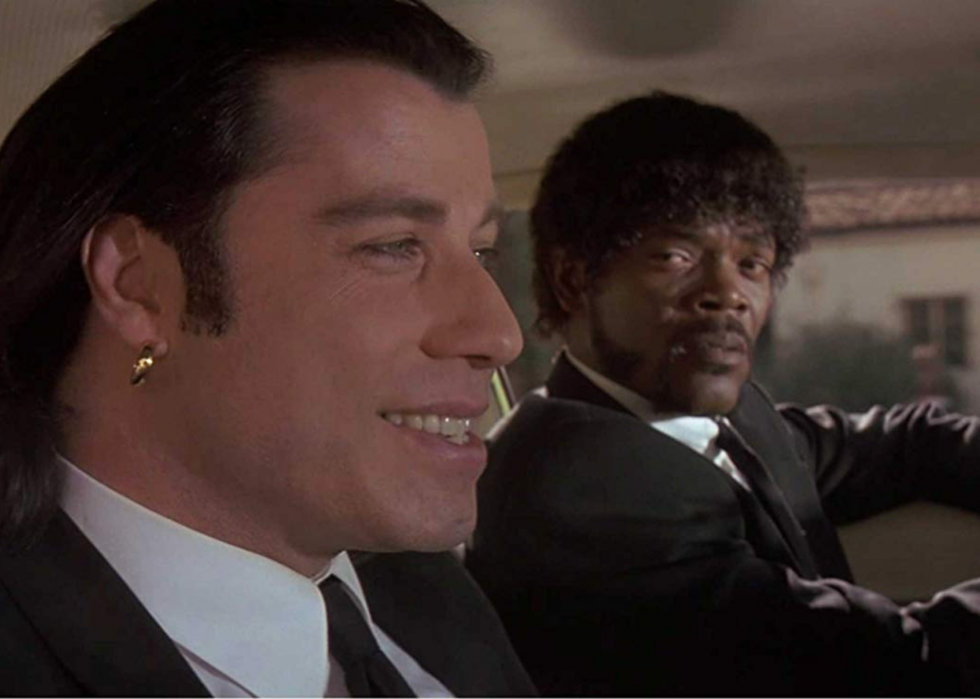
Dig
"Dig" means to understand or approve of; for example, you could pay a compliment to someone by saying "I dig your outfit."
The word has been used in music ranging from rock to hip-hop for many decades, by artists like Jimi Hendrix, Van Morrison, and A Tribe Called Quest. In 1994's "Pulp Fiction," John Travolta's character says to Samuel L. Jackson's character, "You dig it the most."
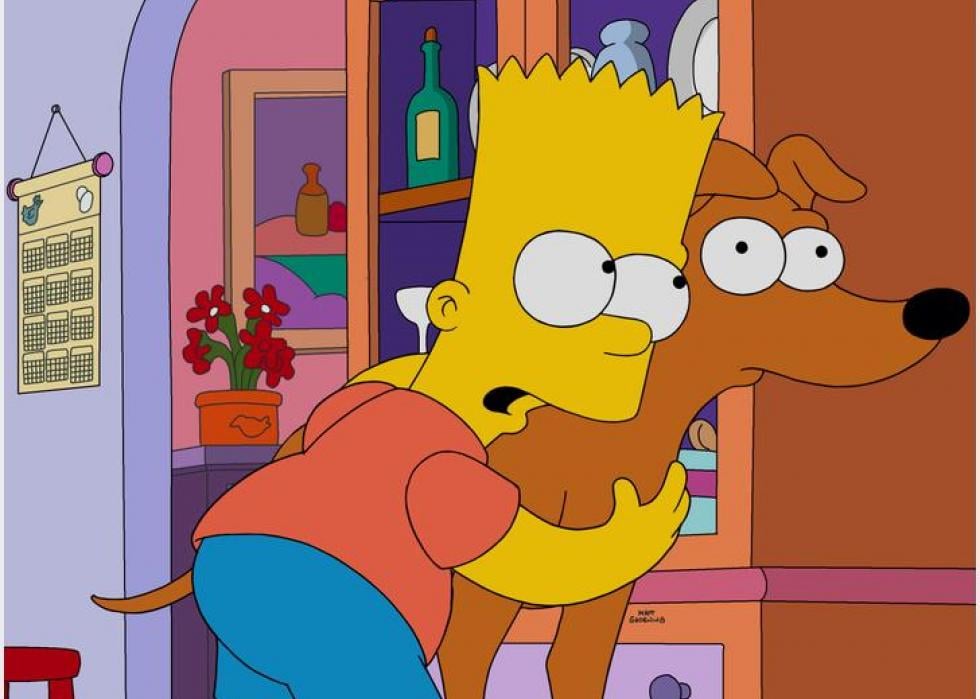
Eat my shorts
"Eat my shorts" comes out of the 1980s, when it was uttered by Bender in the teen film classic "The Breakfast Club." The phrase was also used as the name of a song by comedian Rick Dees.
After that, "Eat my shorts" became a catchphrase of Bart's on "The Simpsons." It is supposed to be used as an insult or comeback during an argument.
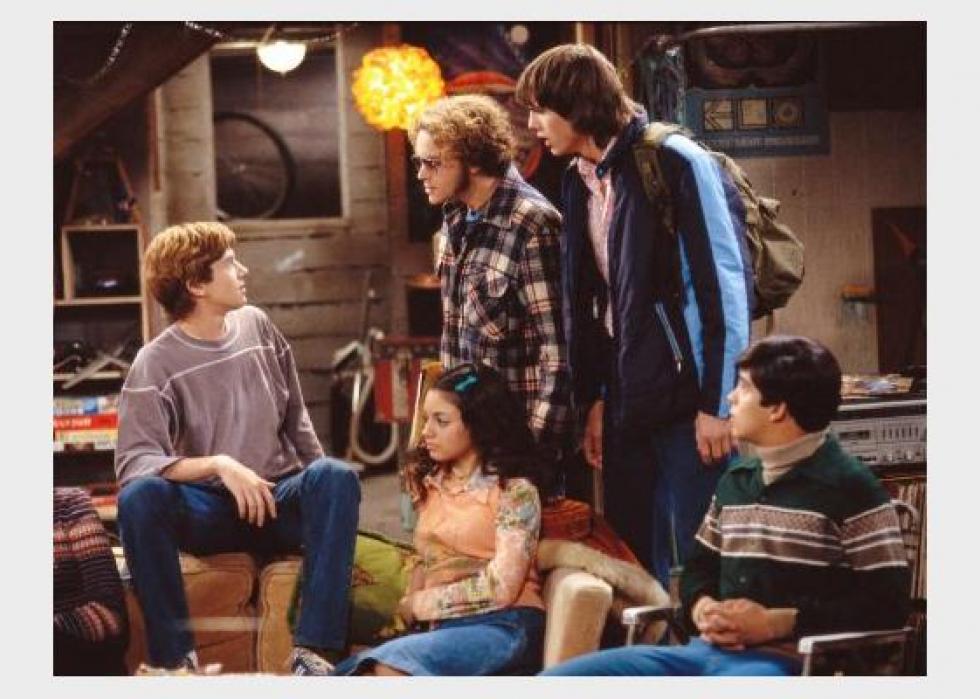
Far out
"Far out" is associated with 1970s slang for "very cool or exciting." It reportedly entered the vernacular during the 1950s in reference to avant-garde jazz.
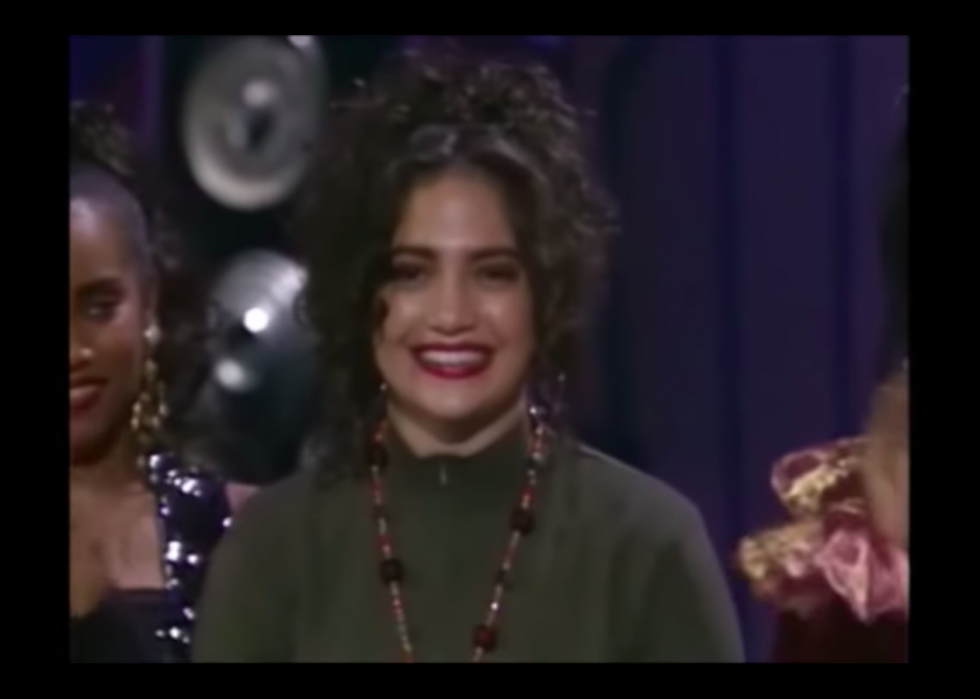
Fly
If something is fly, it's cool or sexy.
It may have become mainstream in the 1990s thanks to the sketch comedy show "In Living Color" and their troupe of dancers known as the Fly Girls (where Jennifer Lopez famously got her big break). But it may be even older of a term: One source notes its usage as far back as 1910.
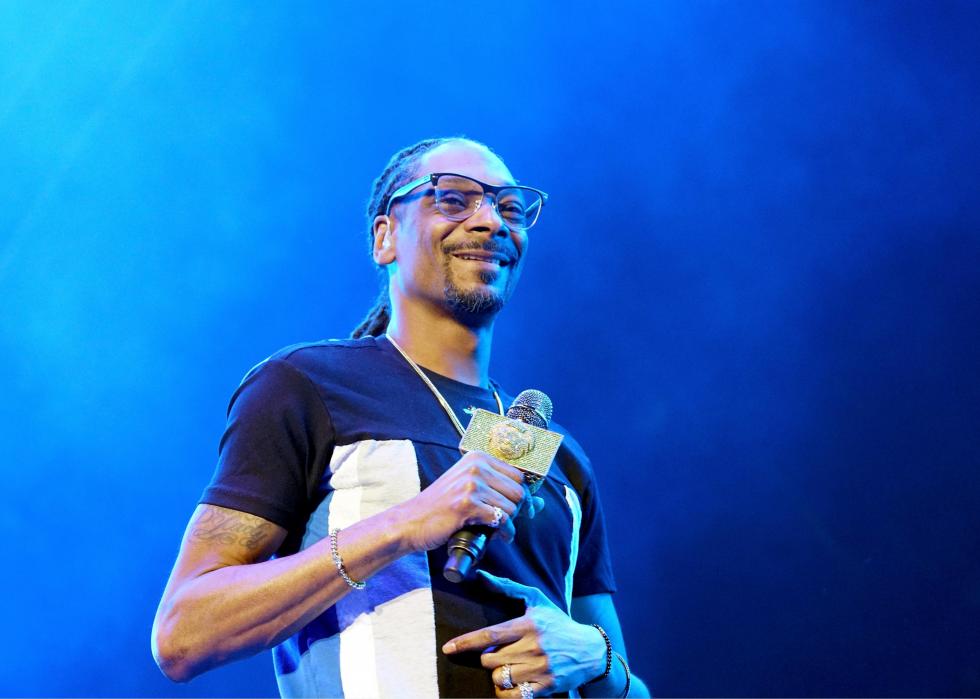
Fo-shizzle
"Fo-shizzle" is another way of saying "for sure" and was very popular back in the 1990s, mostly due to the phrase being prominent in hip-hop culture through the likes of artists like Snoop Dogg. The Oxford English Dictionary solidified its existence by adding the word to its database in 2001.
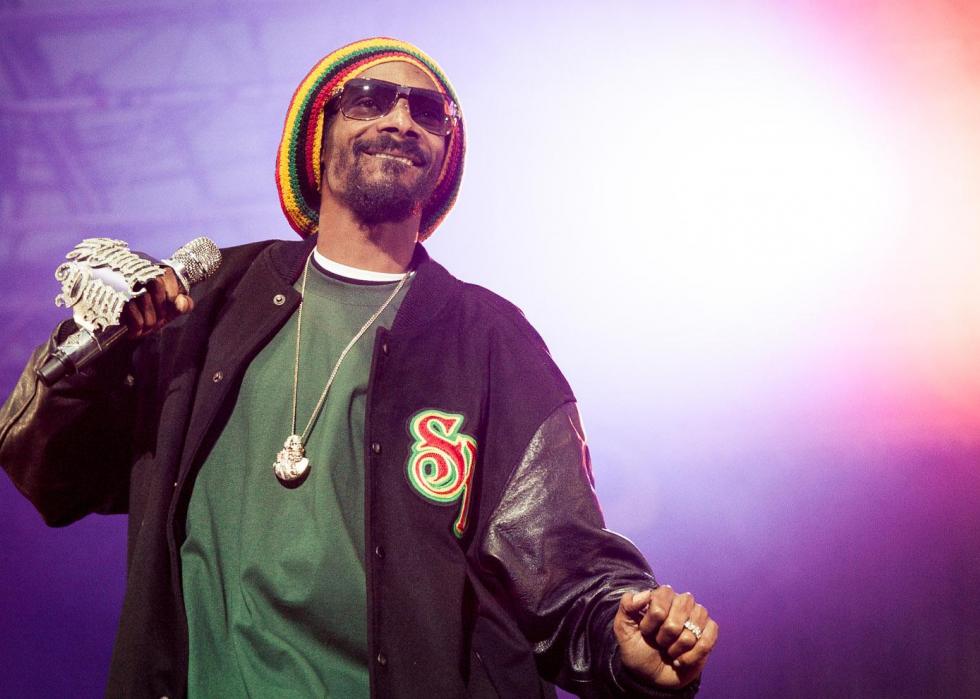
Fo' sho'
"Fo' sho'" works interchangeably with "fo-shizzle" and was popular around the same time in the 1990s. "Fo" is a common, regional dialect replacement in the South for "for," and "sho" functions the same for "sure."
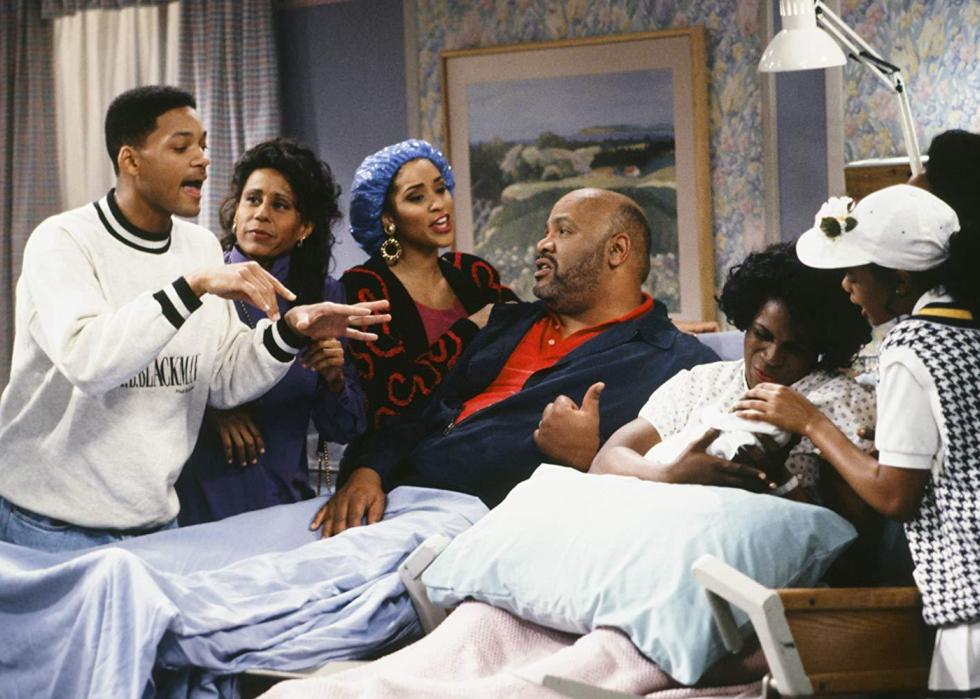
Fresh
"Fresh" was a hip way to say something was cool in the 1990s. The popularity of the word can be traced back to the hit TV show "The Fresh Prince of Bel Air," which aired from 1990 to 1996.
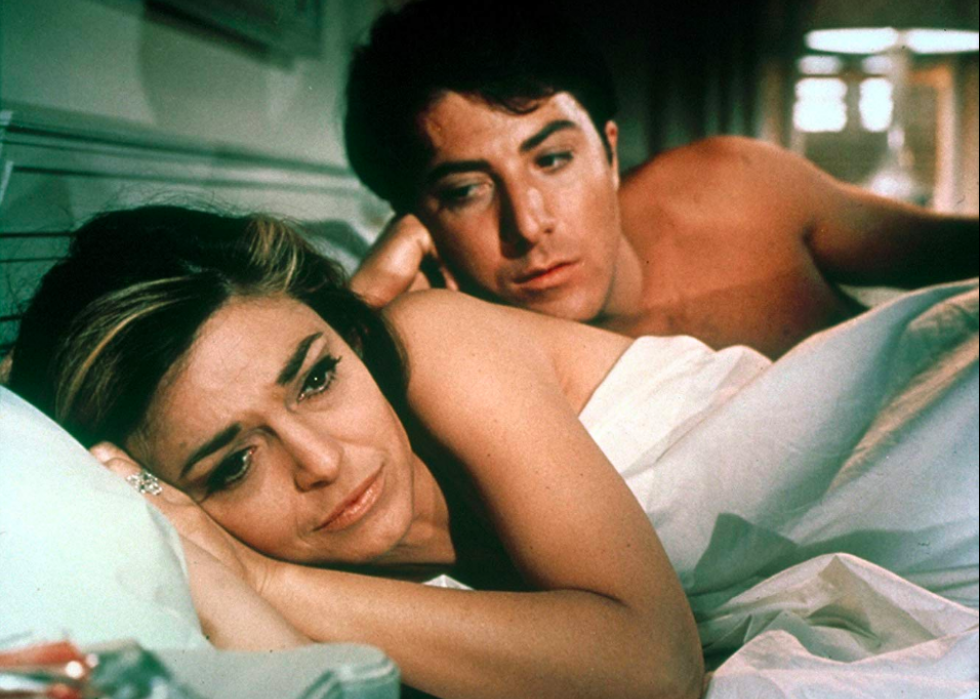
Get bent
"Get bent" means "go away." The phrase was actually considered a curse back in the 1950s, and stayed relevant throughout the 1960s.
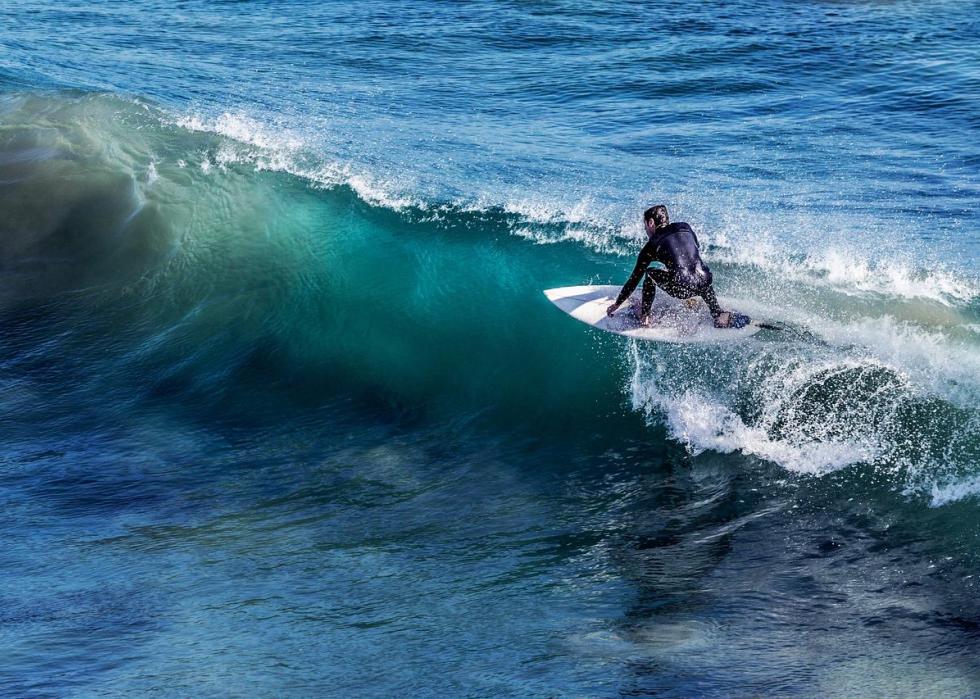
Gnarly
"Gnarly" is a word used to describe something as extreme. The term comes from 1960s surfer slang, when it was used to describe waves that were very dangerous.
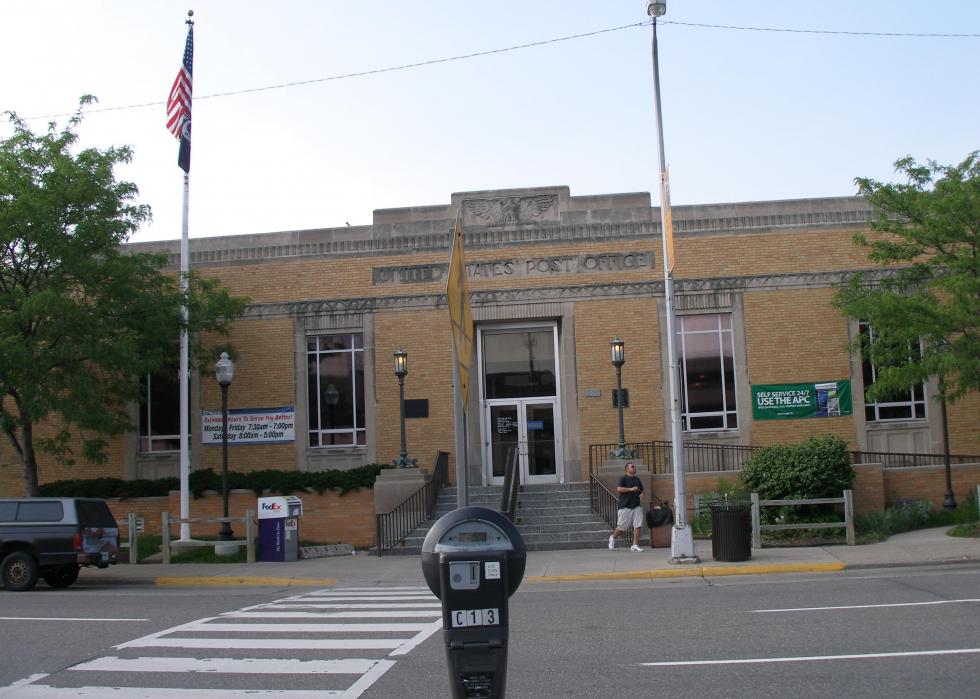
Going postal
When someone is "going postal," it means they're going dangerously crazy or acting out of control, usually at work.
The phrase has a dark background, as it references different instances in which United States Postal Service workers committing shootings directed at co-workers, managers, and police. There were 20 such incidents between 1970 and 1997, resulting in an excess of 40 fatalities.
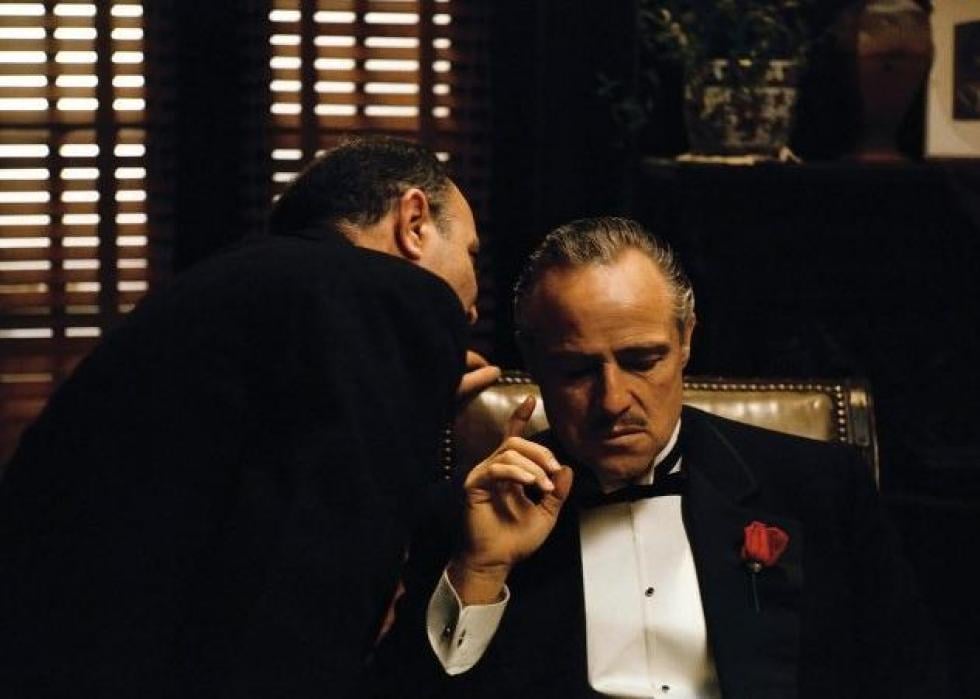
Goon
A goon is someone who is a goofball, foolish, or a nerd. The term can also be used to describe someone who is an enforcer or gangster.
The term was originated in the 1930s when cartoonist E.C. Segar introduced a new cartoon called "Alice and the Goons." In the 1970s, the word became more known in the hockey world as people started referring to certain moves as "goon tactics."
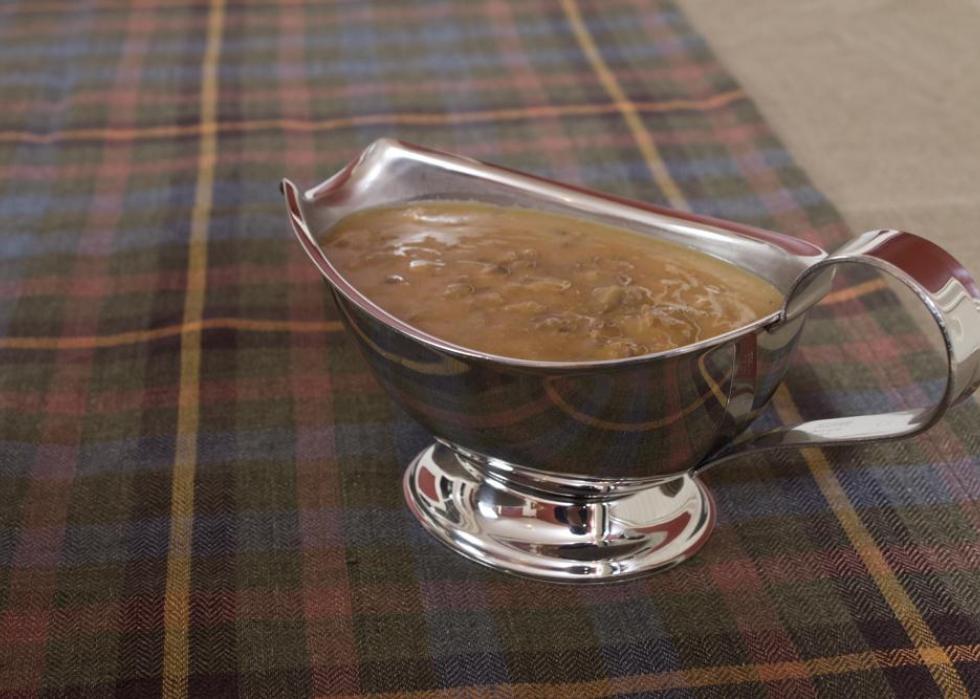
Gravy
If you call something "gravy," you're really saying it's great. The word originally comes from Old English, when it was used to express that one's life was good because he or she had the luxury of gravy with food.
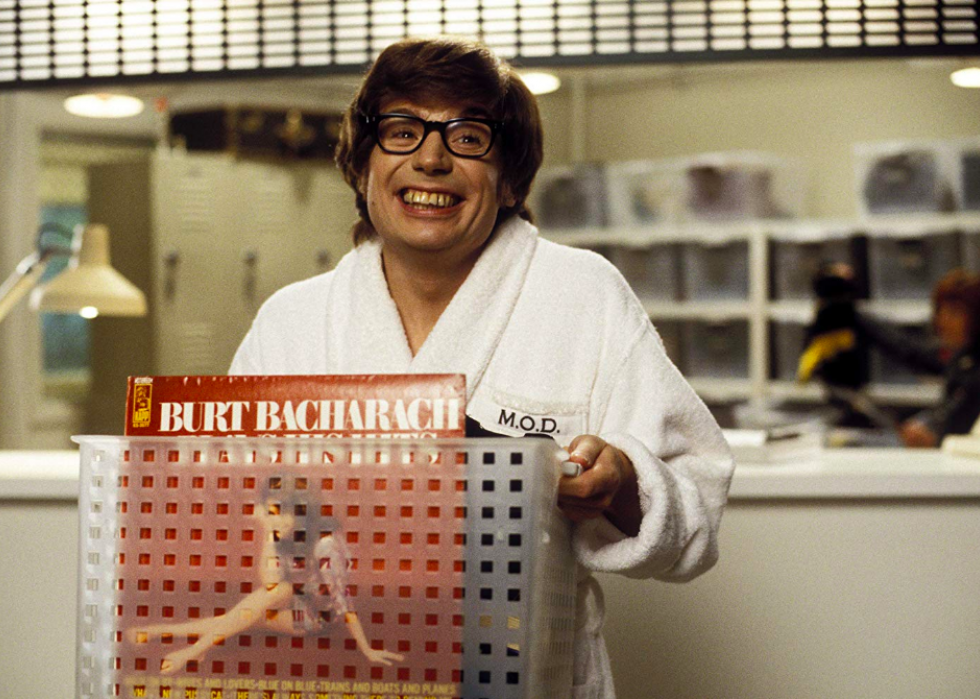
Groovy
"Groovy" may invoke associations with the 1960s, but the word is actually from the 1920s. Back then, the term referred to music that was particularly good (see also: groove). Its popularity lasted well into the 1960s, when "groovy" was used to call anything or anyone outstanding or nice.
Mike Meyers' character in the popular "Austin Powers" film franchise frequently calls things and people "groovy" to express his appreciation.
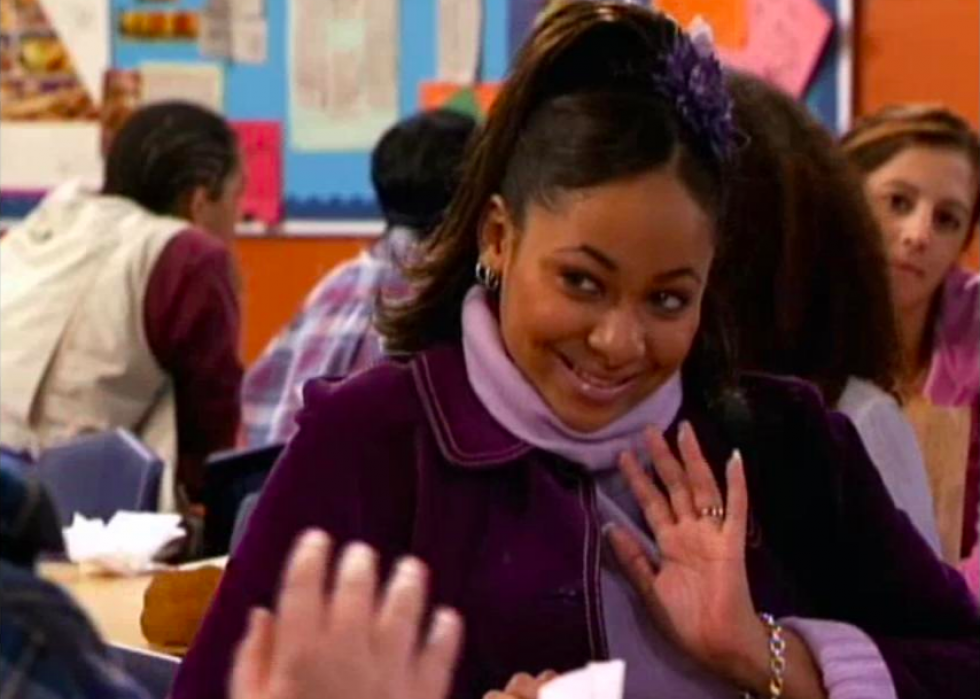
Home skillet
"Home skillet" is a term meaning "friend" and was popular in the 1990s. The phrase bubbled up again in the early 2000s when the main character of the Disney Channel show "That's So Raven" frequently used it.
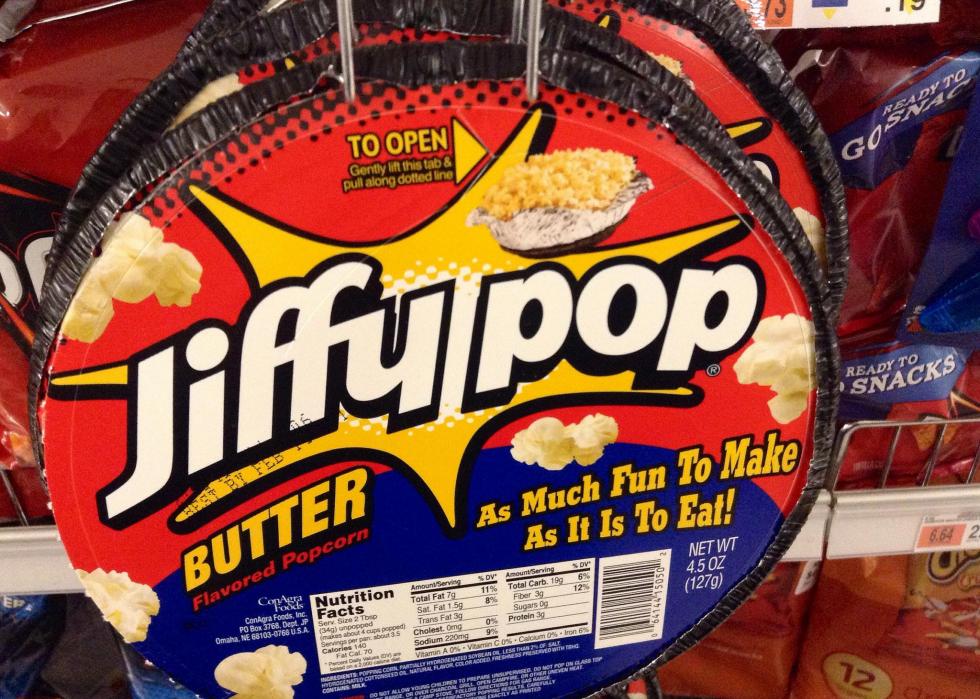
In a jiffy
In the 1950s, "in a jiffy" meant "in a moment." The phrase was so popular, in fact, that it inspired the brand name of "Jiffy Pop" popcorn, which alludes to short cooking time. The phrase has been in constant use right up to today.

Keepin' it real
"Keepin' it real" means to be true to yourself and began its popularity in the 1990s. But as Dave Chappelle has noted, keeping it real can go terribly wrong in some cases.
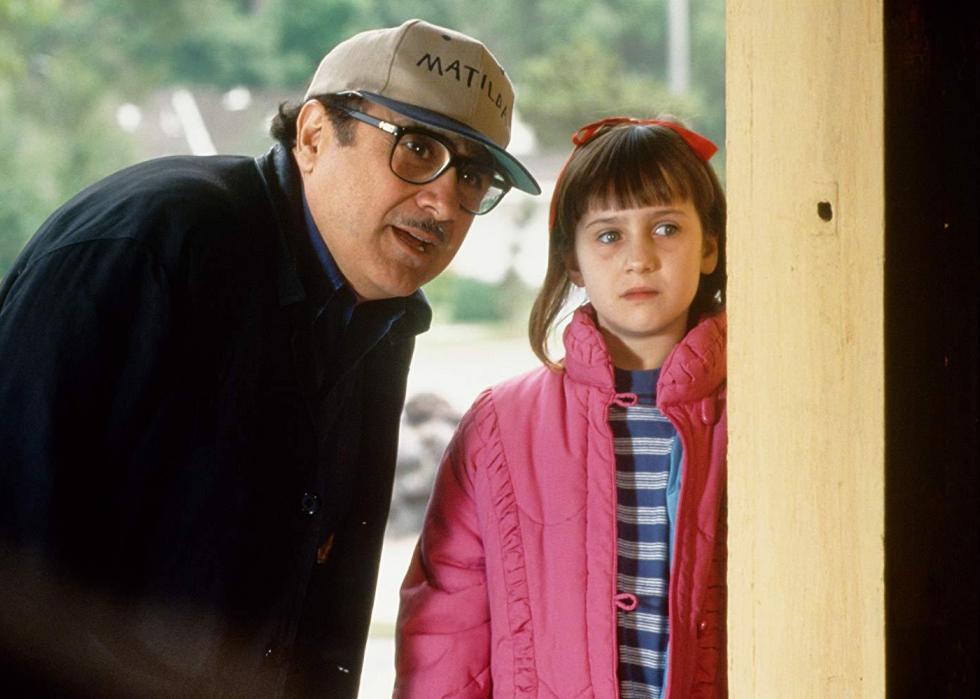
Let's roll
"Let's roll" was incredibly popular in the 1990s and is slang for "let's get out of here." It was a phrase that was used in a multitude of TV shows and movies, including "The Transformers," "Adam-12," and the end of "Matilda."
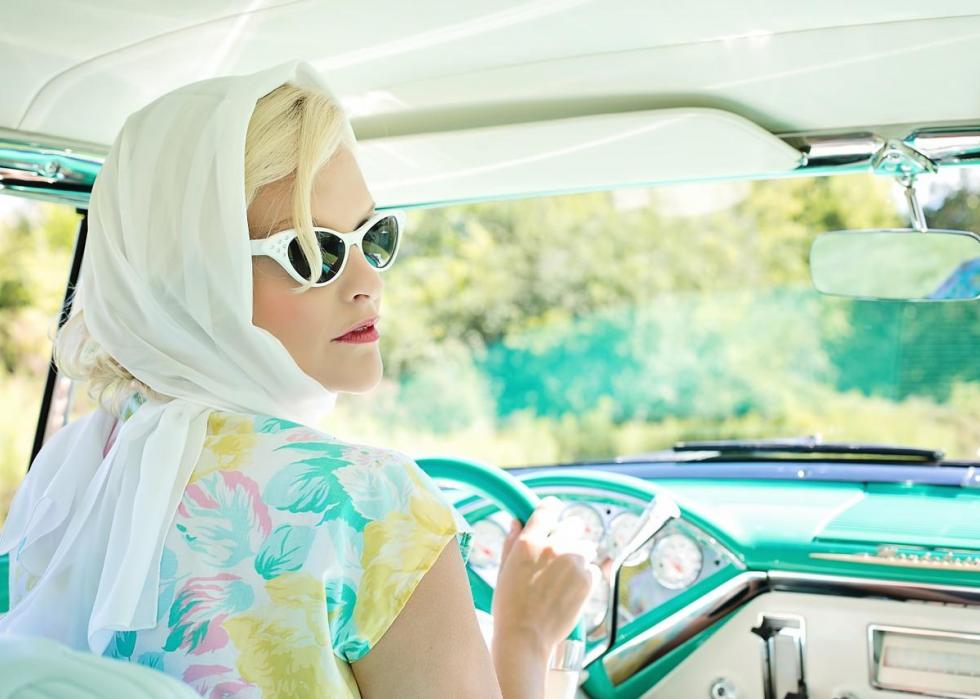
Necking
"Necking" was a very popular term in the 1950s for kissing. The popularity continued into the 1960s, but eventually felt too prudish to younger generations and (the term, not the act) fell out of everyday discourse.
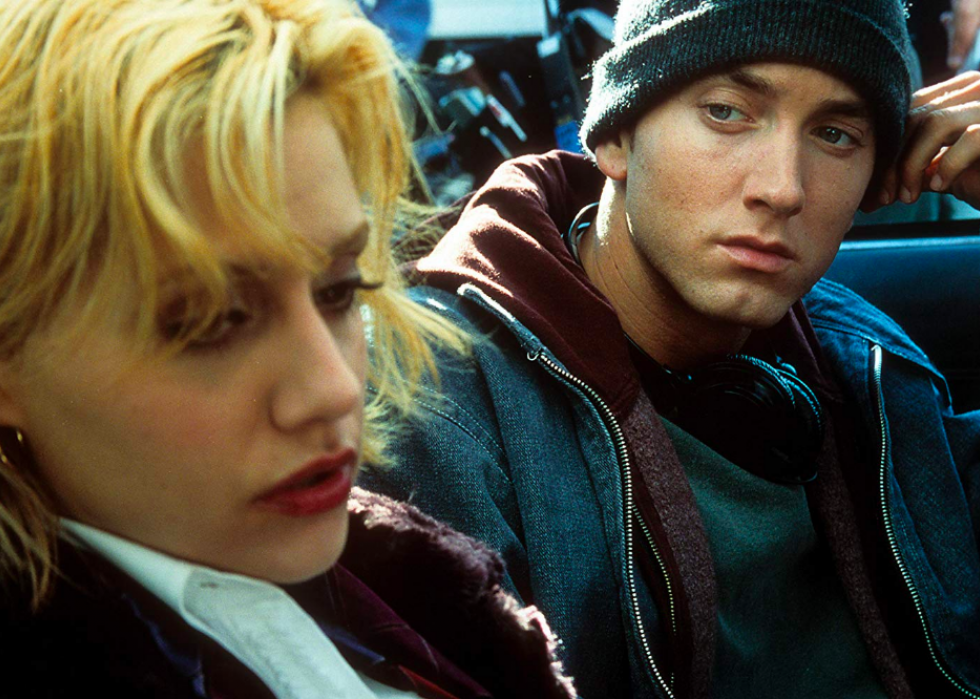
Outtie
"Outtie" is another slang term for leaving. It was most popular in the 1990s and people used it by saying "I'm outtie." The term was uttered by Cher in "Clueless" and also by Eminem's character in "8 Mile" when he's leaving the rap battle final scene.
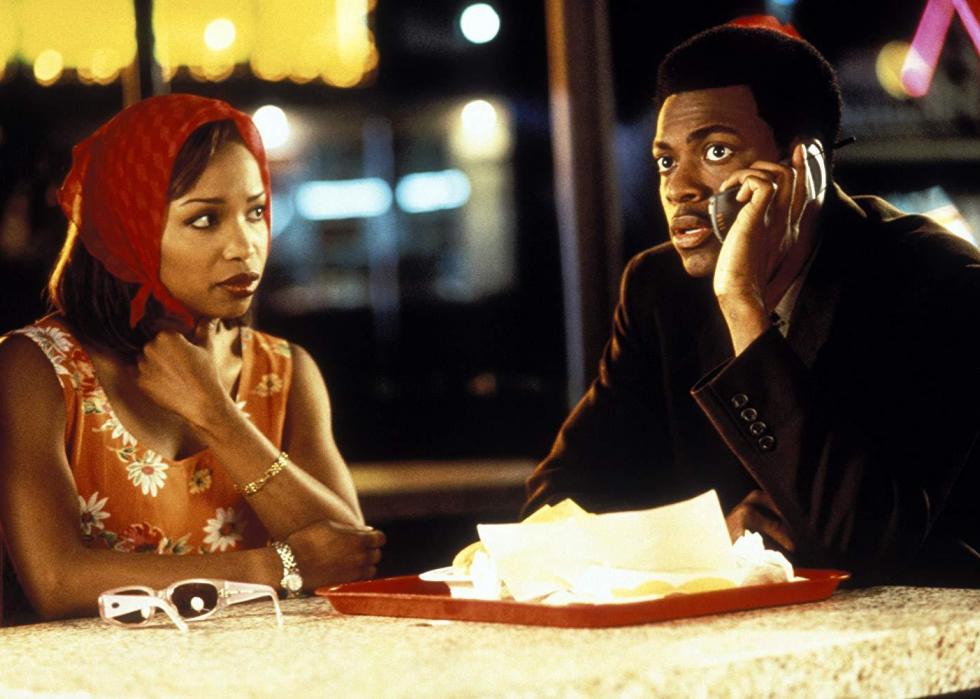
Phat
"Phat" is a term originally coined in the 1960s and used primarily in African Americans communities as an adjective for cool music. Over time, the word wasn't just used for music—"phat" was used throughout the 1990s to describe anything cool, fashionable, or attractive.
In the 1997 film "Money Talks," Chris Tucker's character calls a woman phat, to which she replies, "Excuse me?" Tucker's character explains it's an acronym that stands for "pretty hot and tempting."
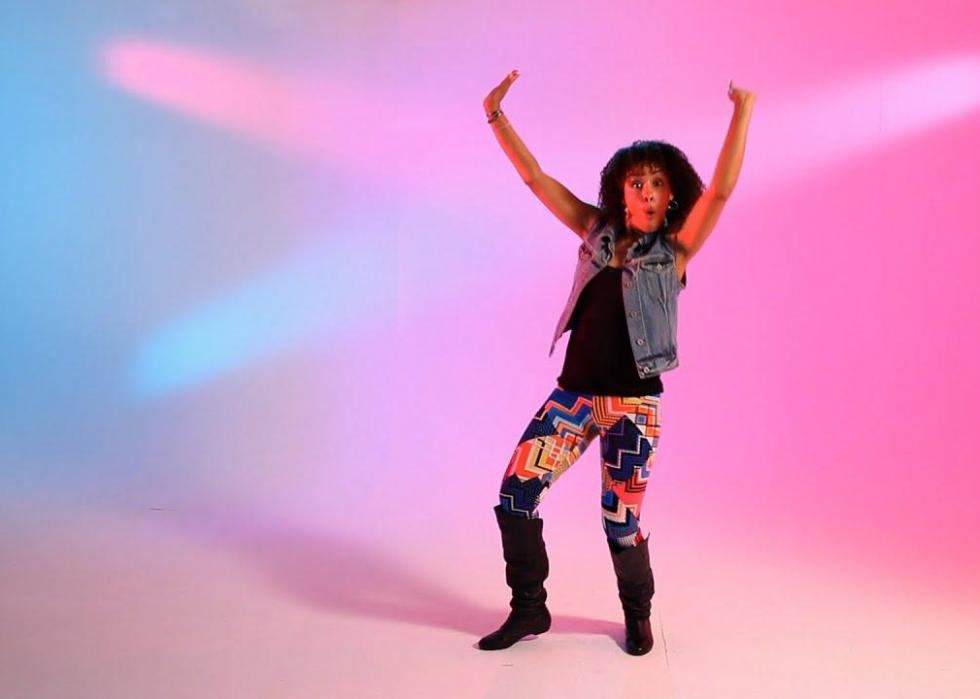
Raise the roof
If you wanted to bring a party to the next level or get people excited in the 1990s, you might use the phrase "raise the roof"—usually paired with a gesture of pushing one's hands in the air. It hit the mainstream in the early 2000s as a signature move by WNBA player Cynthia Cooper.
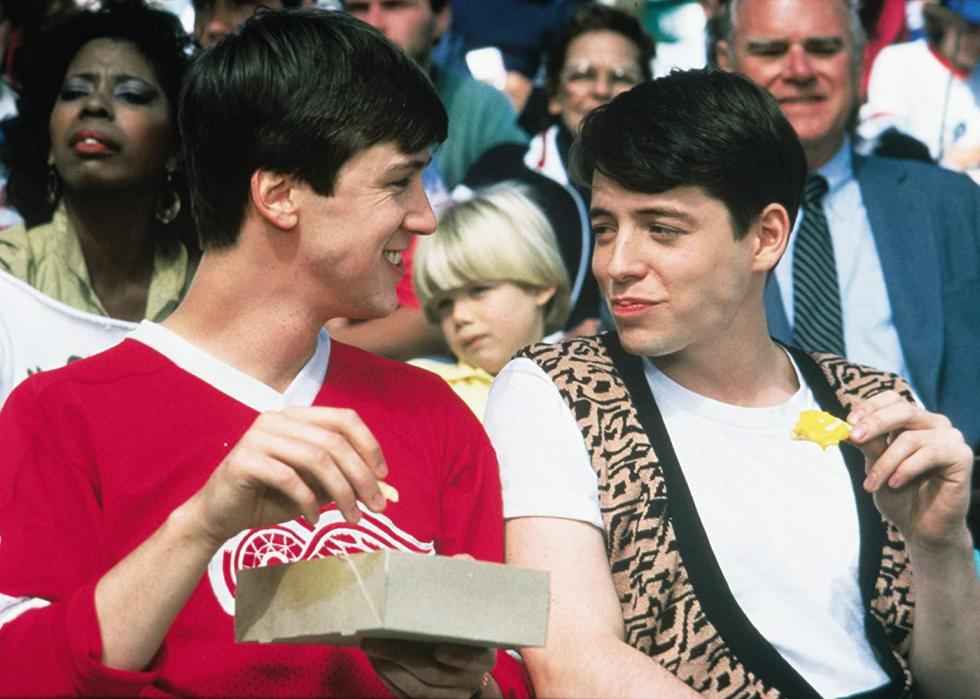
Righteous
"Righteous" was frequently used from the 1960s through the 1990s and originated in 1930s jazz culture. One of its most famous uses came from "Ferris Bueller's Day Off."
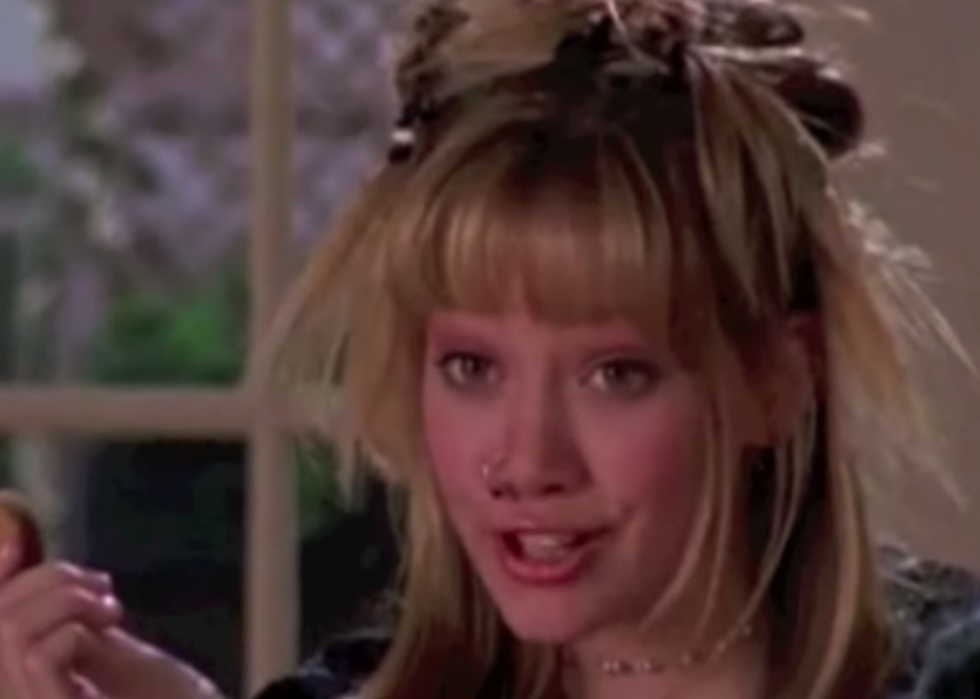
Take a chill pill
"Take a chill pill" is another way to tell someone to relax and likely references pharmaceuticals. It originated in the 1980s alongside the increasing use of ADHD medication.
In Disney's "Lizzie McGuire," which aired from 2001 to 2004, angsty teen Lizzie (Hilary Duff) tells her parents to "take a chill pill" after they freak out about her (fake) nose piercing.
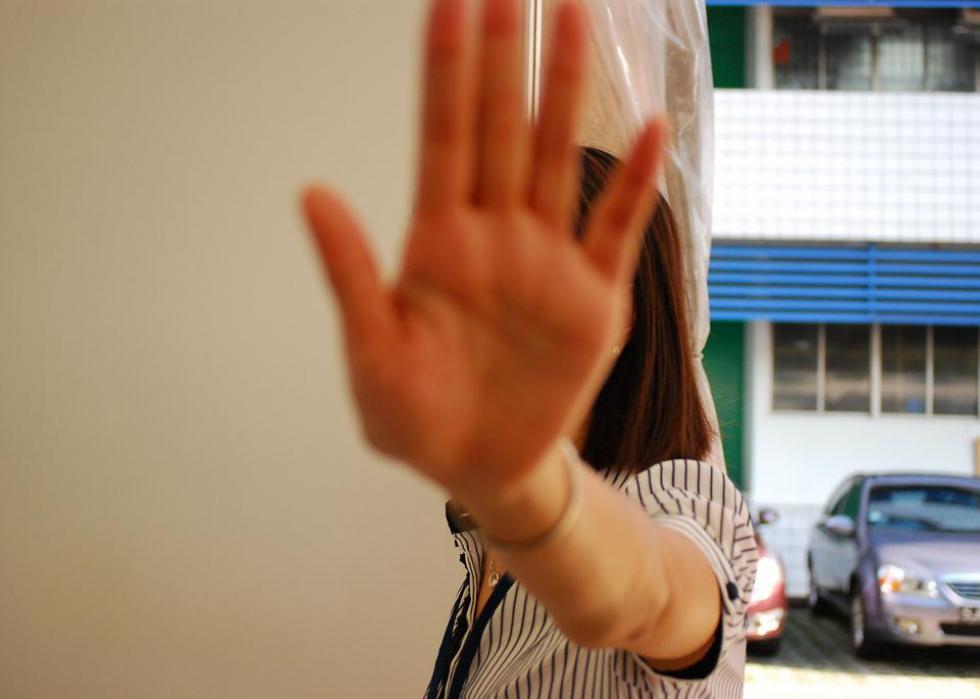
Talk to the hand
"Talk to the hand" was a wildly popular 1990s phrase used to diss someone, usually paired with a movement of putting your hand in someone's face.
Martin Lawrence made the phrase famous in his television show "Martin," which aired from 1992 to 1997, but the phrase was used virtually everywhere and by everyone throughout the decade.
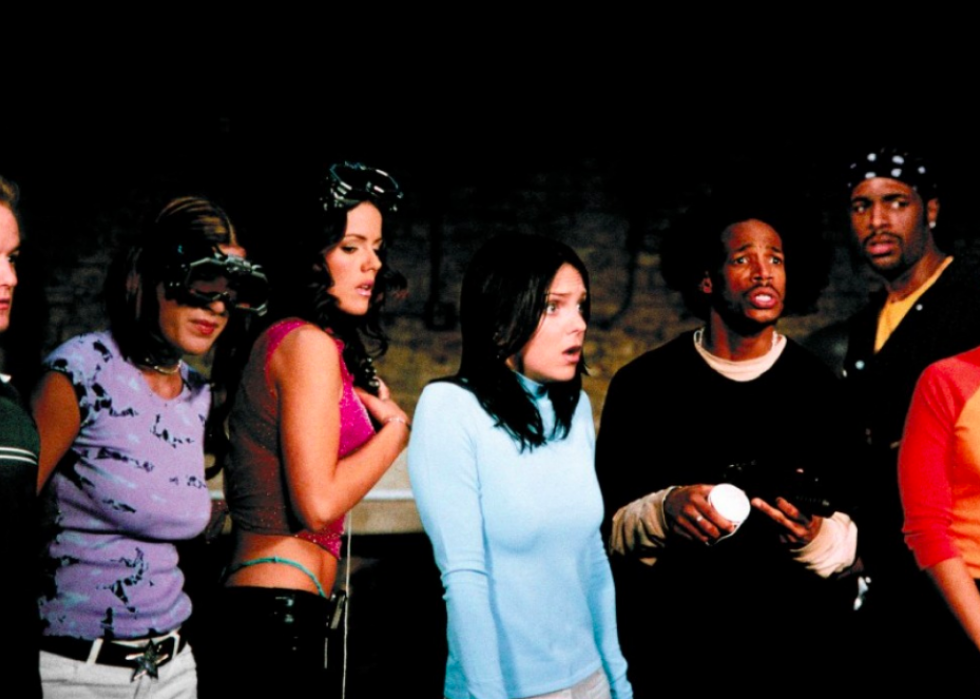
That's tight
"That's tight" was slang in the 1990s for "that's great." One of the more popular times this phrase was used was in "Scary Movie 2."
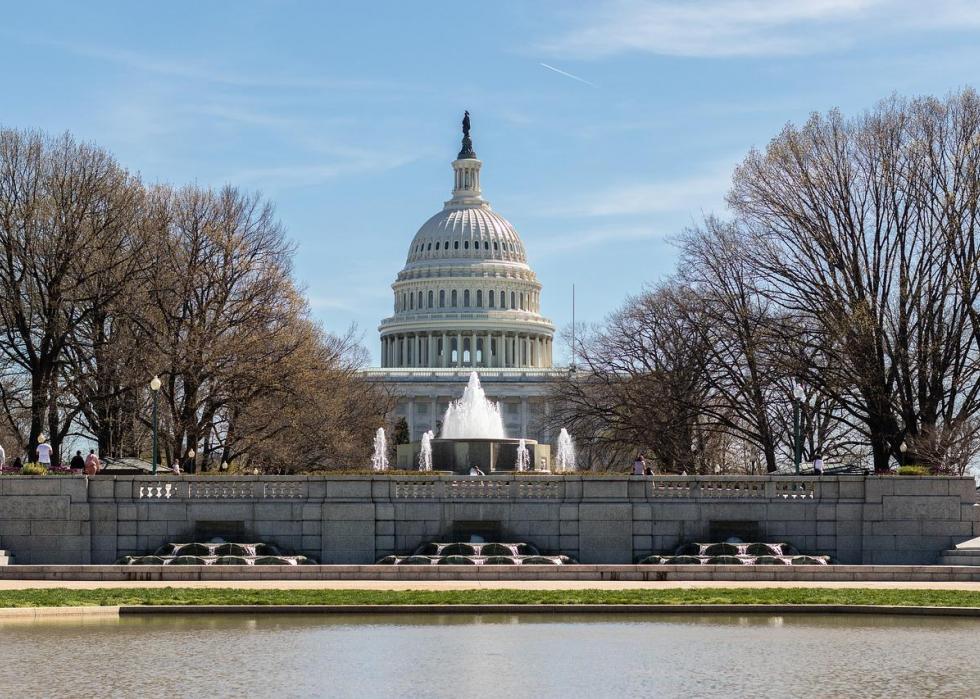
The man
"The man" refers to authority, whether that's a government or someone in power. Its origin traces to 1918, but it became popular during the 1960s as anti-establishment sentiments were peaking.
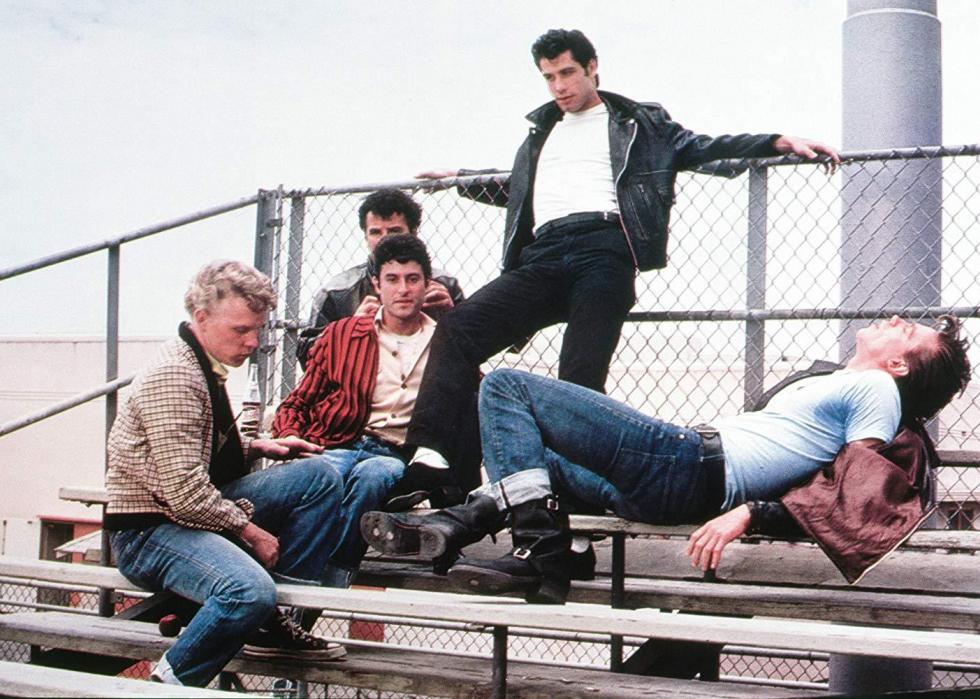
Threads
"Threads" was a word used in the 1950s to refer to someone's clothes. People in the '50s would use it in way of "cool threads" or "nice threads you got there!"
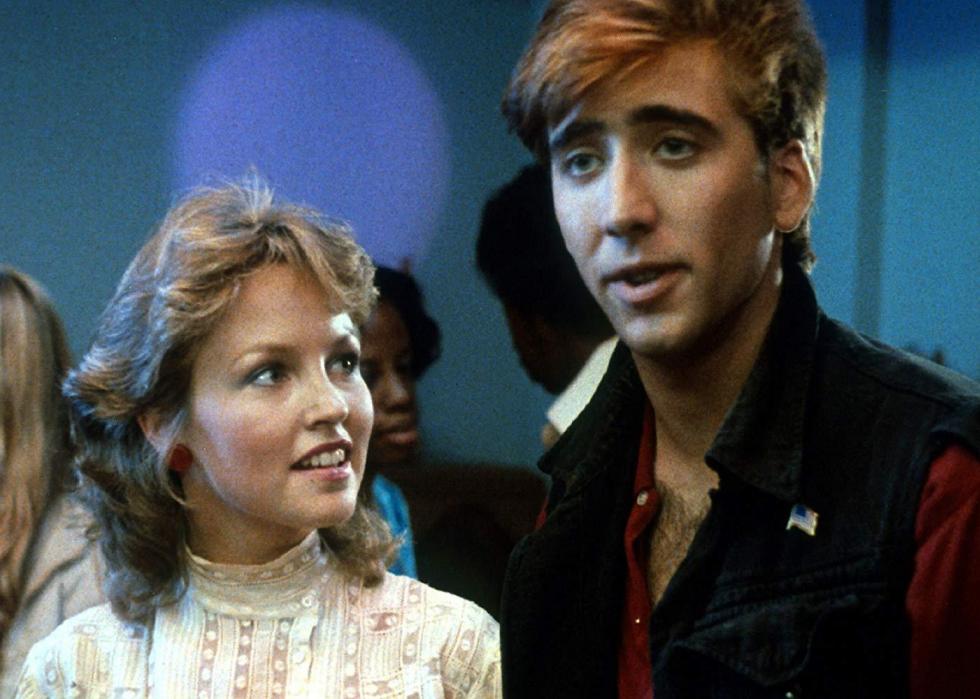
To the max
If something is "to the max" it means it's at peak greatness. It was primarily used in the 1950s but then circled back around in the 1980s when it was quoted in "Valley Girl."
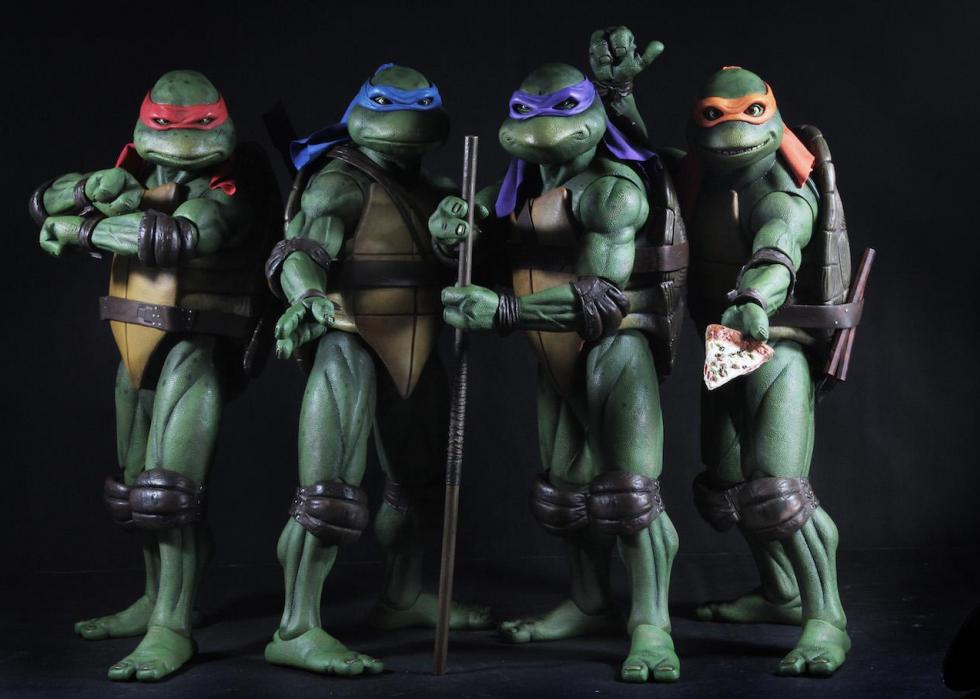
Totally rad
In the 1980s, everything was "totally rad." It's a shortened form of "radical," and it's another term popularized by the Teenage Mutant Ninja Turtles and their surfer-dude brand of coolness.
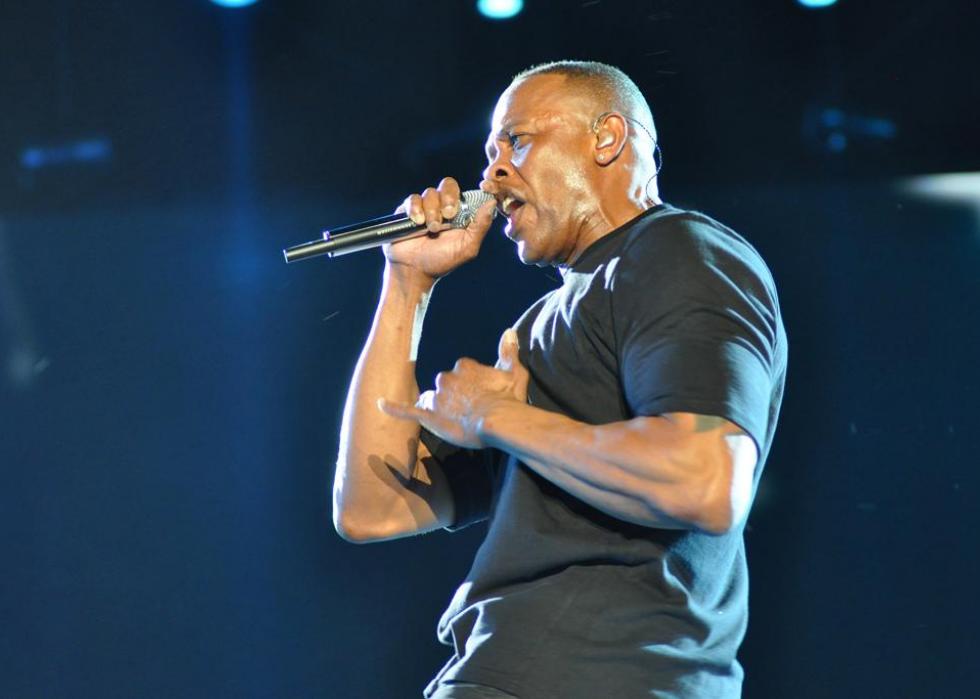
Trippin'
If you wanted to say that someone was acting crazy about something in the '90s, you could accuse them of "trippin'." Dr. Dre made this meaning popular in his song "Nothin' But a G Thang."
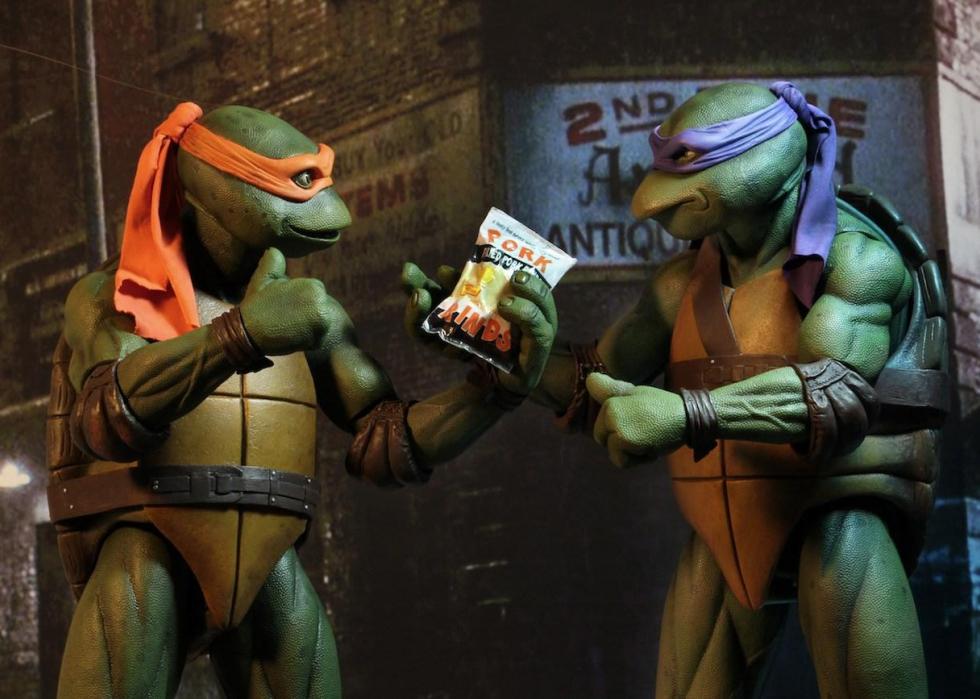
Tubular
"Tubular" came about in the 1970s when surfers started to use it to describe something great. The phrase made a major splash in the '80s and was another common phrase said by the Teenage Mutant Ninja Turtles: "Totally tubular, dude."
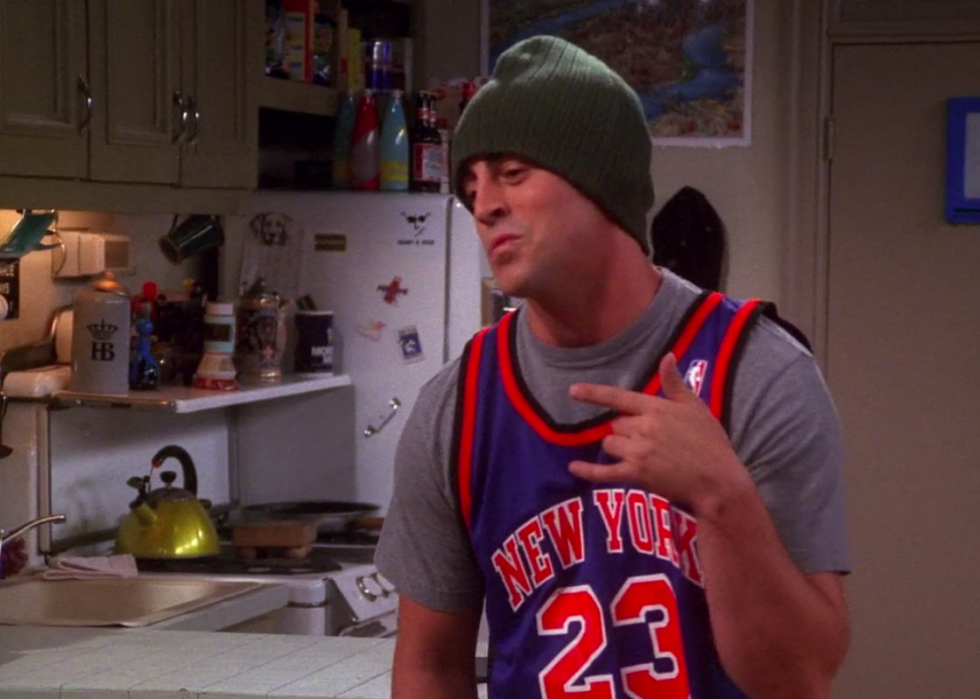
Wack
Sometimes cited as being short for wacky, the term "wack" is used in urban slang to refer to something that is lousy or lame. Before becoming popular in the 1980s, it was used to refer to someone who is eccentric or crazy.
In an episode of "Friends," Joey is preparing for an audition to play a 19-year-old character and tells Chandler his Playstation is "wack."
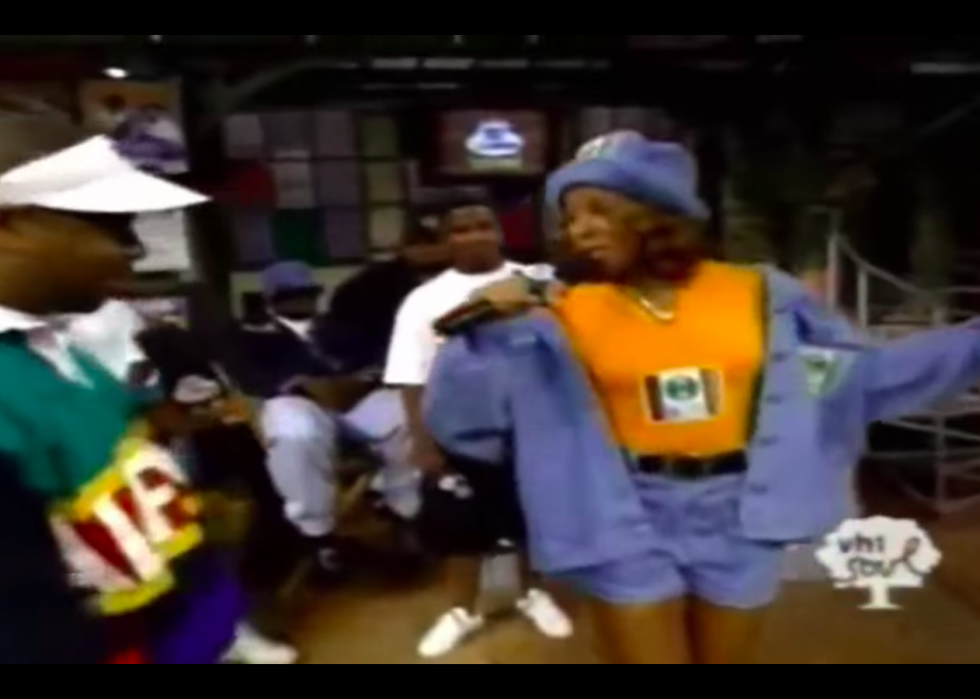
What's the 411?
If you wanted to find out a person or business's phone number in the days before the internet, you'd pick up the phone and dial 4-1-1 for assistance. "What's the 411?" became popular slang in the 1990s as a way of asking for information, and was the name of Mary J. Blige's debut album.
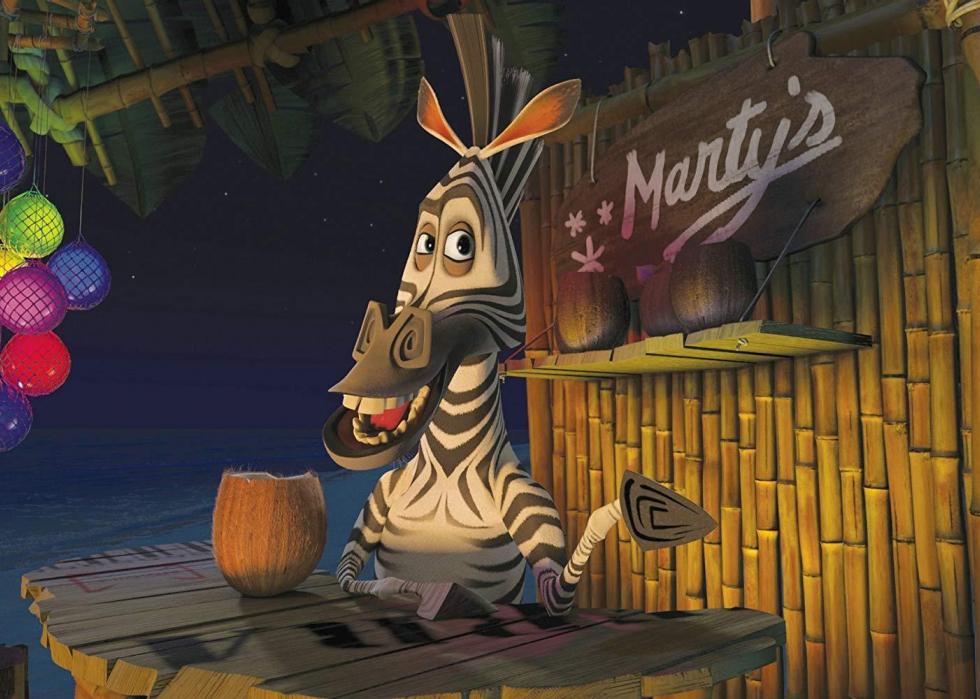
What's crackalackin'?
"What's crackalackin'?" was a weird and fancy way of asking someone in the 1990s what they were up to. The rebirth of the phrase can be traced to Chris Rock, who brought it back in "Madagascar 3: Europe's Most Wanted."
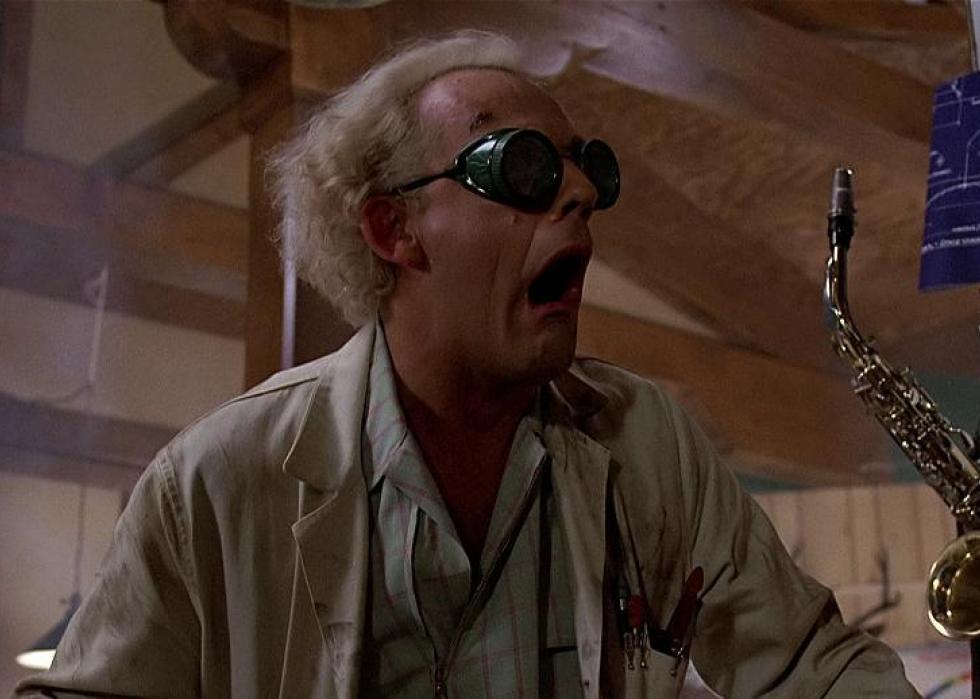
Wig out
"Wig out" is a term widely used in the 1980s to describe going crazy over something. It has a new meaning nowadays as a metaphor for one's sanity (e.g., "my wig is snatched"), which references Black LGBTQ+ ballroom culture.
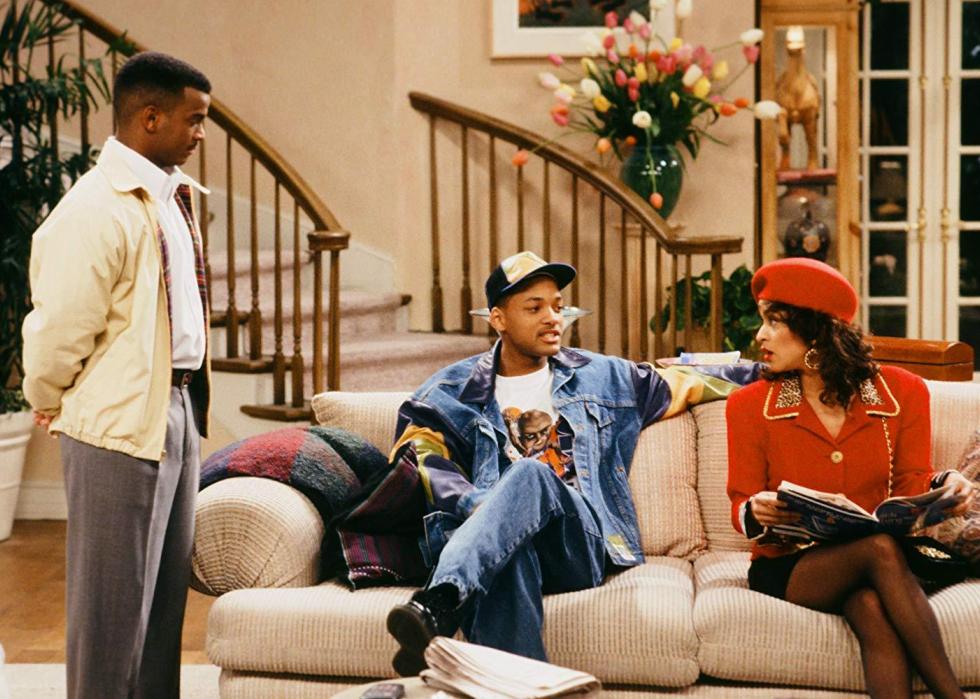
Word
"Word" is another way to say "agreed." It's a variant of "word up," which came to fame through a 1986 R&B song by Cameo. This slang was regularly used by Will Smith's character on "The Fresh Prince of Bel-Air."
